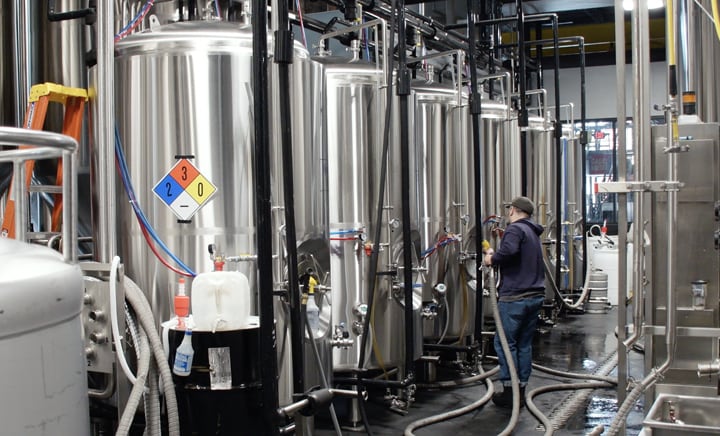

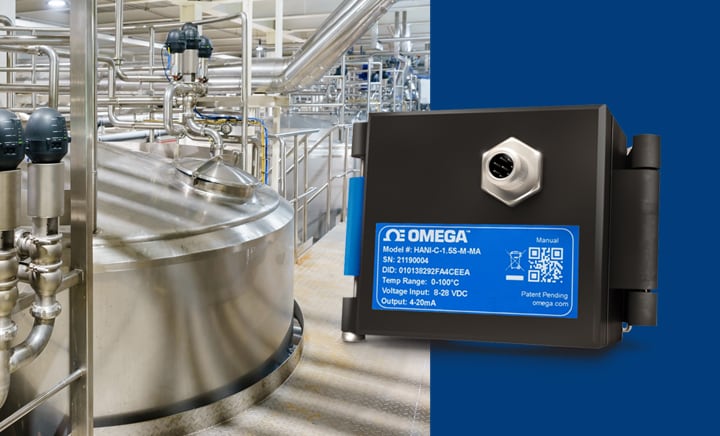
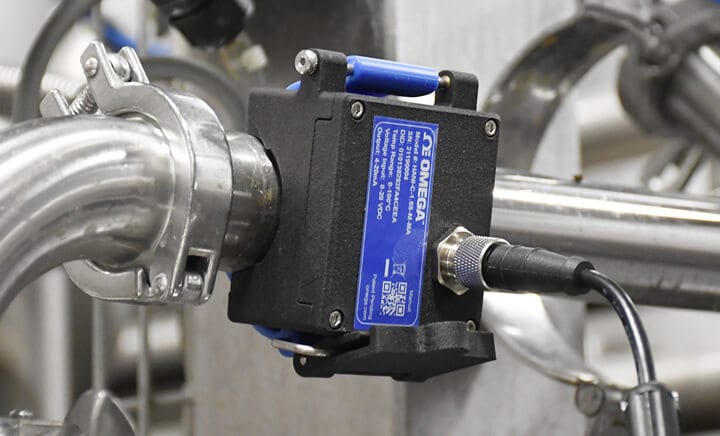
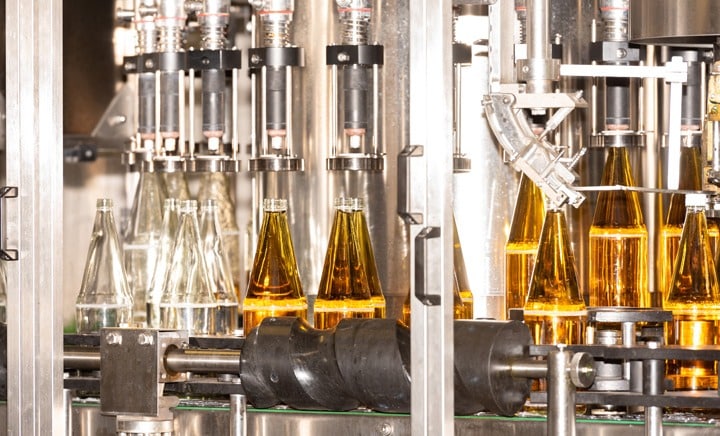
How to Use a Magnetic Flow Meter to Meet Hygiene Requirements for Clean-in-Place (CIP) Systems In the food and beverage industry, clean-in-place (CIP) maintenance is essential for meeting safety and hygiene standards while maintaining process efficiency and maximizing equipment service life.
Tagged as:Technical Learning, Get Curious
Read More
Best Practices: 3 Steps to Efficiency and Flexibility for Small Businesses using IIoT Operational efficiency is key to the success of any small business, and IIoT essentially helps you achieve that by turning your offline processes to online through a connected environment.
Tagged as:Technical Learning, Get Curious
Read More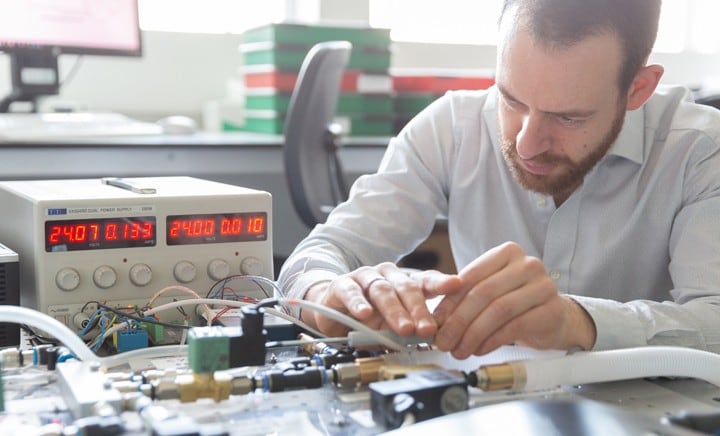
Groundbreaking Low-Cost Emergency Ventilator Uses Standard Components to Provide Flexible Solution for Worldwide Access The COVID-19 pandemic has created worldwide demand for ventilators—with approximately 880,000 more needed.
Tagged as:Case Study, Get Inspired
Read More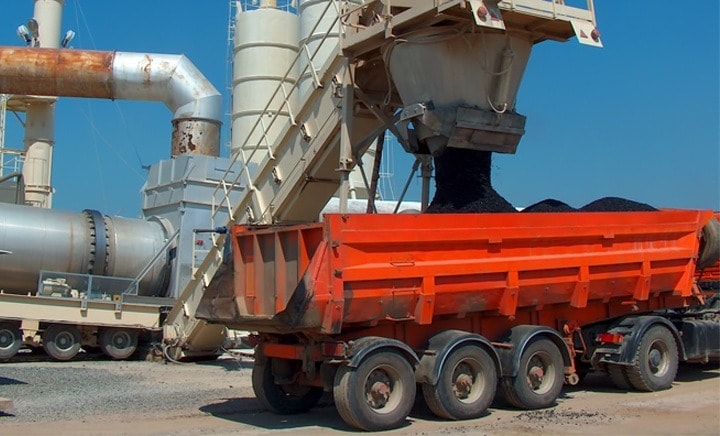
How to Monitor Asphalt Temperature with IIoT Devices The temperature of hot mixed asphalt is a critical component to the compaction and longevity of poured concrete.
Tagged as:Technical Learning, Get Curious
Read More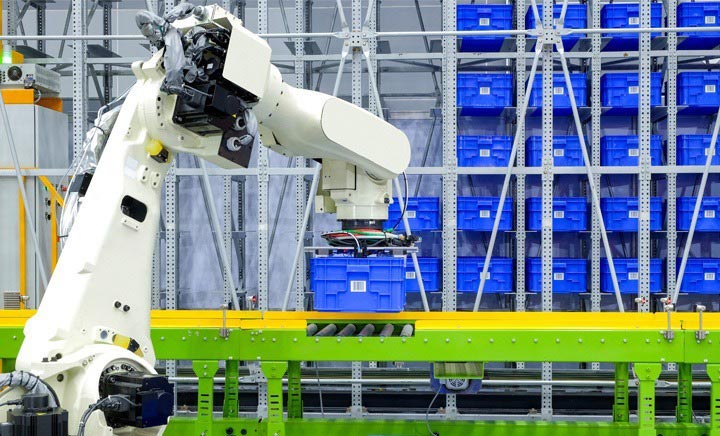
How to Connect Your Modbus Devices to the Omega Link Gateway Industrial setups look to reap the benefits of the Industrial Internet of Things (IIoT) by establishing a connected environment.
Tagged as:Technical Learning, Get Curious
Read More
Making Maintenance a Breeze Selecting the proper cable family according to the process conditions is necessary to get desired temperature controls within the pipes.
Tagged as:Technical Learning, Get Curious
Read More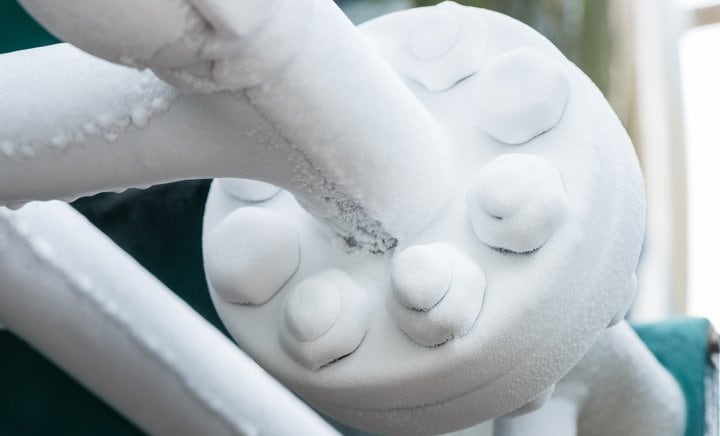
What is a Heat Trace System? A heat trace system is a set of paths lined along pipes or vessels.
Tagged as:Technical Learning, Get Curious
Read More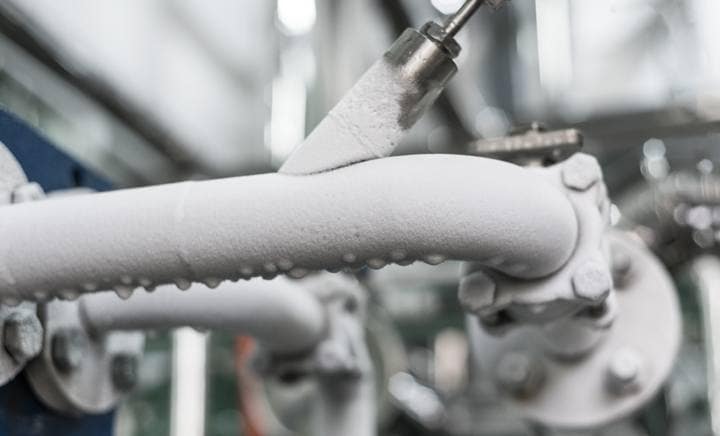
Designing the Right Heat Trace System Designing a perfect heat trace system requires considering several important variables.
Tagged as:Technical Learning, Get Curious
Read More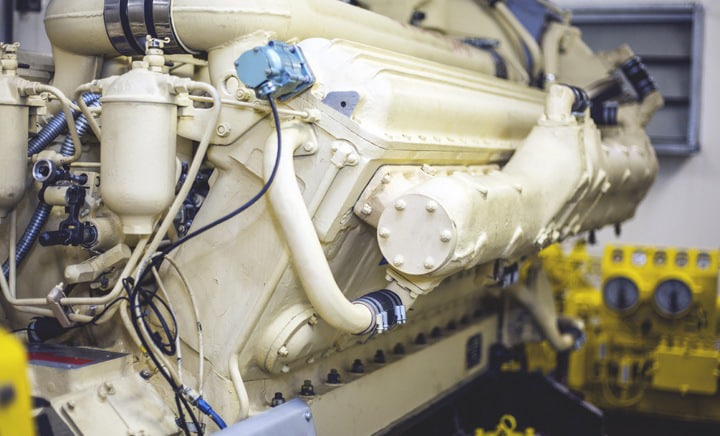
What is a type K Thermocouple? A Type K thermocouple refers to any temperature sensor containing Chromel and Alumel conductors, that meets the output requirements as stated in ANSI/ASTM E230 or IEC 60584 for Type K thermocouples
Tagged as:Technical Learning, Get Curious
Read More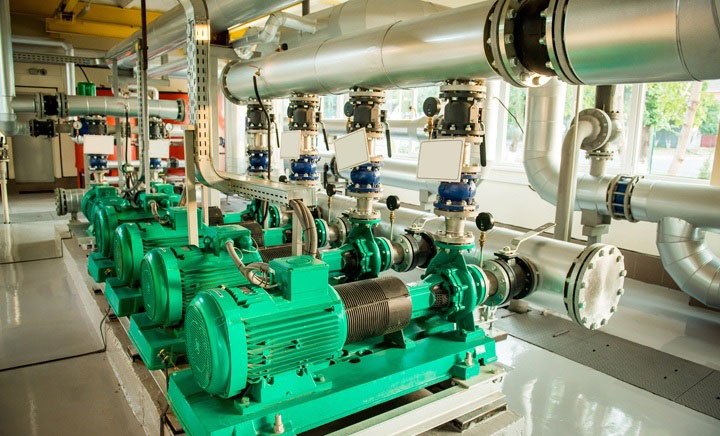
What Are The Most Common Applications for Thermocouples? Thermocouples are used in a wide range of applications.
Tagged as:Technical Learning, Get Curious
Read More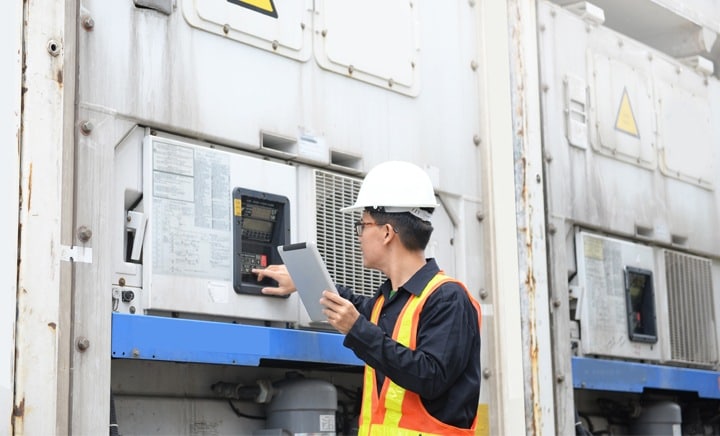
How to Mount Thermocouples Correctly? When connecting thermocouples to other devices care needs to be taken to ensure that the proper polarity is maintained.
Tagged as:Technical Learning, Get Curious
Read More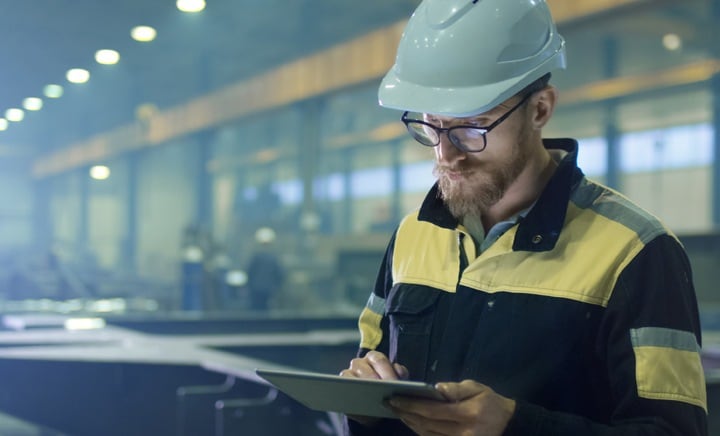
FAQ: Thermocouple Characteristics and Specifications Thermocouples do have positive and negative wires, in order to read a correct temperature the polarity needs to be maintained throughout the circuit.
Tagged as:Technical Learning, Get Curious
Read More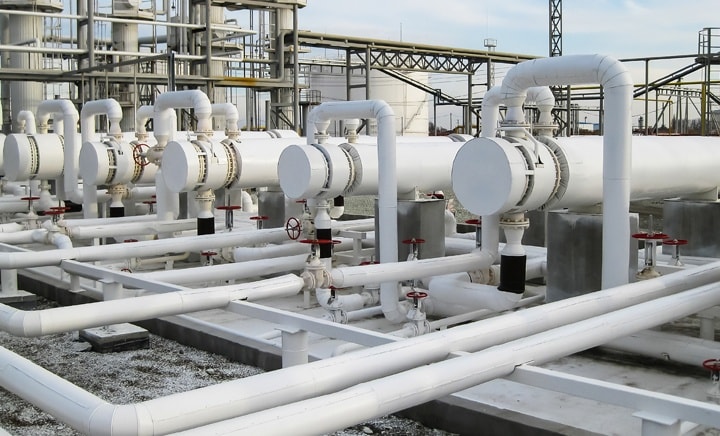
Thermocouple Styles and Constructions Thermocouples come in three types of junctions, Grounded, Ungrounded and Exposed.
Tagged as:Technical Learning, Get Curious
Read More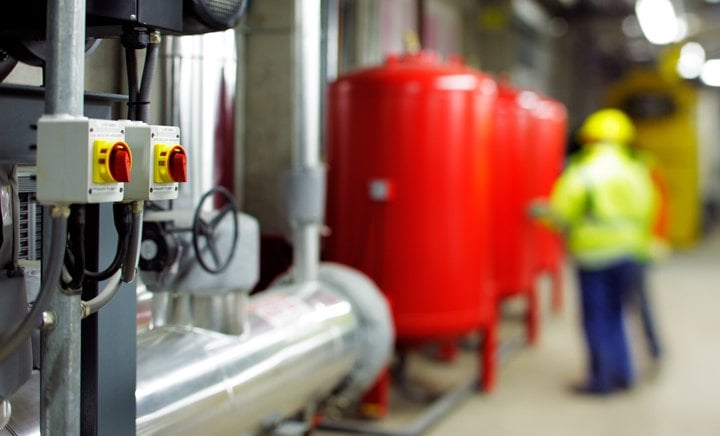
Common Techniques to Calibrate Thermocouples Thermocouples are usually calibrated in one of three ways depending on the accuracy needed and the conditions where the calibration takes place.
Tagged as:Technical Learning, Get Curious
Read More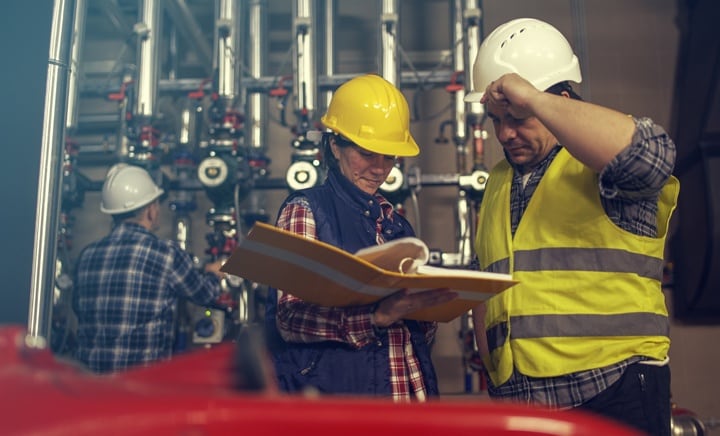
FAQ: Thermocouple Installations When more than one measurement is needed, dual thermocouples provide that extra measurement signal.
Tagged as:Technical Learning, Get Curious
Read More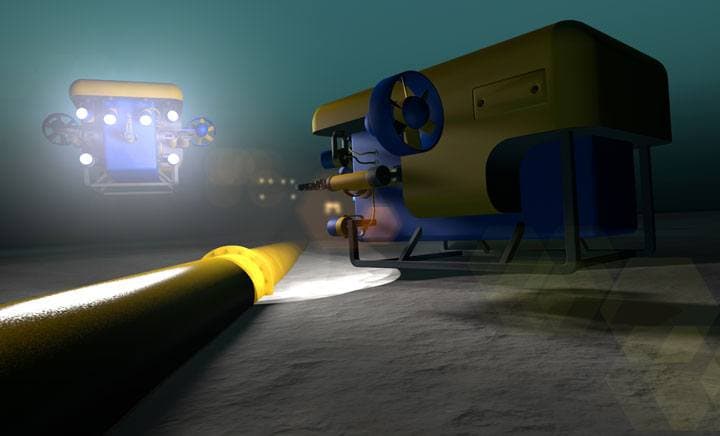
Pressure Transducer in Underwater Applications A pressure transducer being underwater presents its own unique challenges.
Tagged as:Technical Learning, Get Curious
Read More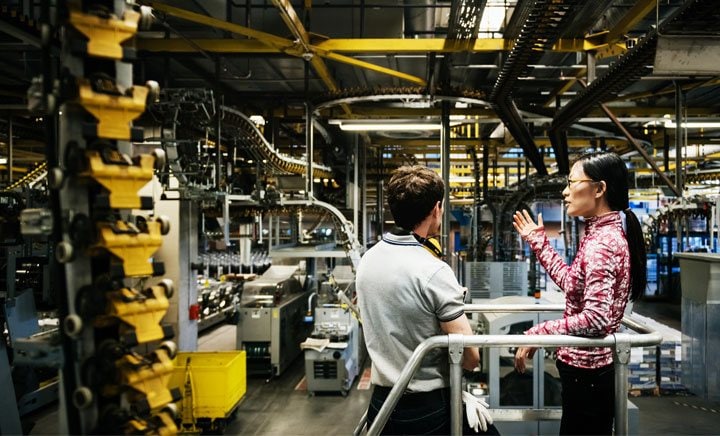
Pressure Transducer and Controllers Pressure not only needs to be measured, but your system needs to make changes based on pressure readings as well.
Tagged as:Technical Learning, Get Curious
Read More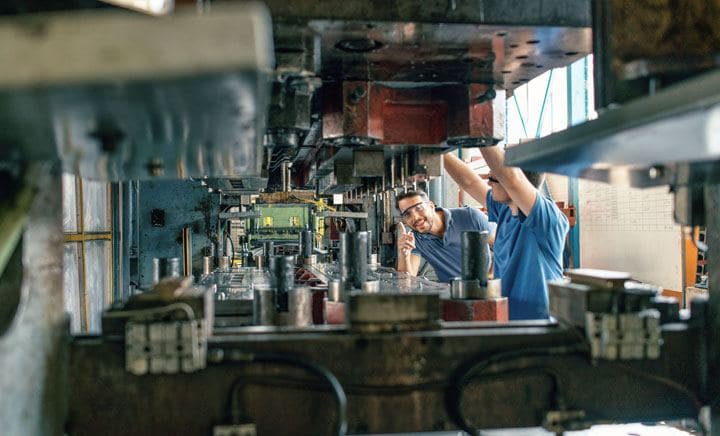
Pressure Transducer and Amplifier Selection Choosing the proper amplifier depends on the type of signal that your system needs.
Tagged as:Technical Learning, Get Curious
Read More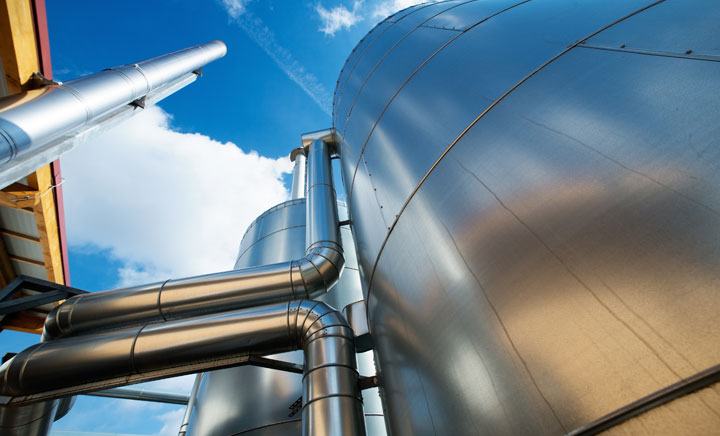
Pressure Transducer for Gases ‘Gas’ is an incredibly broad term. Many industries use gas, but not every industry needs to accurately measure the pressure of the system.
Tagged as:Technical Learning, Get Curious
Read More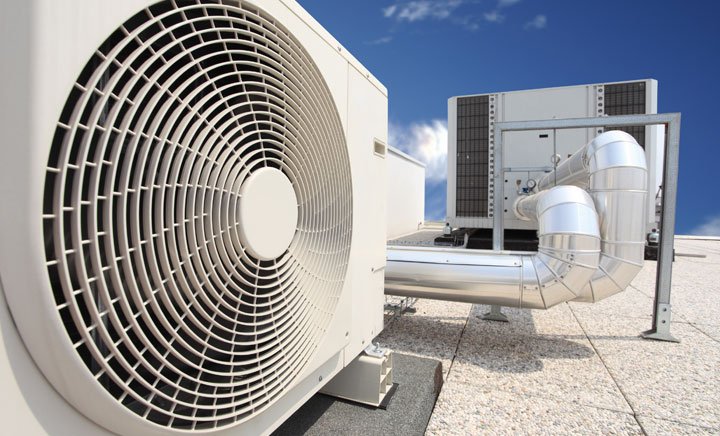
Pressure Transducer for Air Air pressure was first measured all the way back in 1643: when the barometer was invented.
Tagged as:Technical Learning, Get Curious
Read More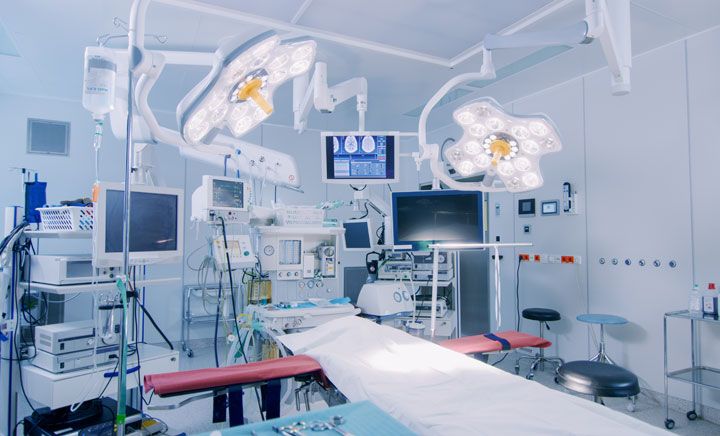
Pressure Transducer in Air Applications There are a wide variety of applications that need air pressure properly monitored.
Tagged as:Technical Learning, Get Curious
Read More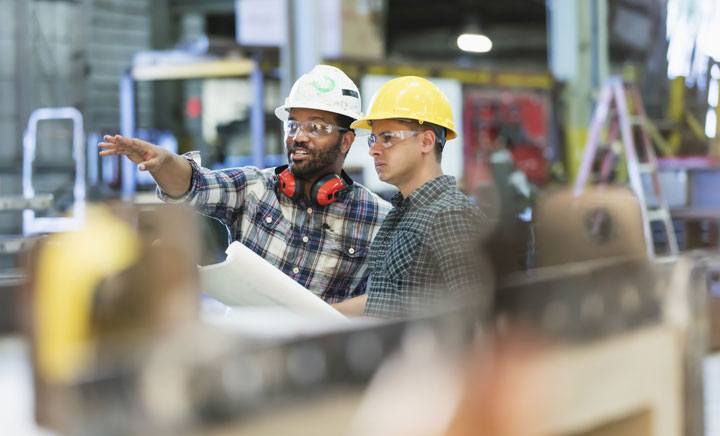
Pressure Transducers and Dataloggers Data loggers are typically used to measure and store the pressure signals that a system puts out.
Tagged as:Technical Learning, Get Curious
Read More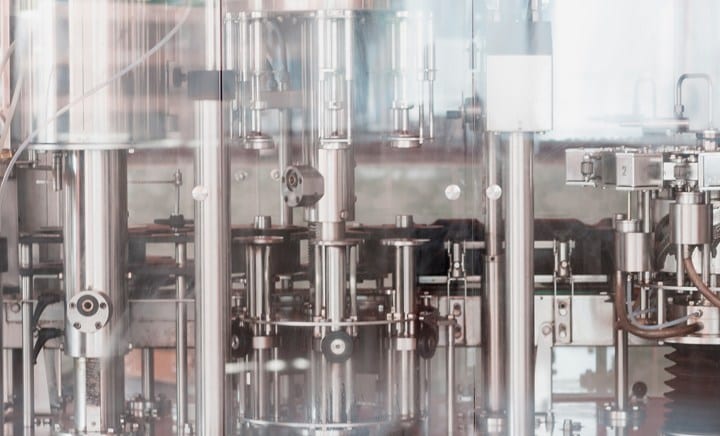
Choosing a Signal Transmitter From reviewing both devices and the way they work with other devices, it is clear that signal transmitters and signal conditioners more or less perform the same set of tasks.
Tagged as:Technical Learning, Get Curious
Read More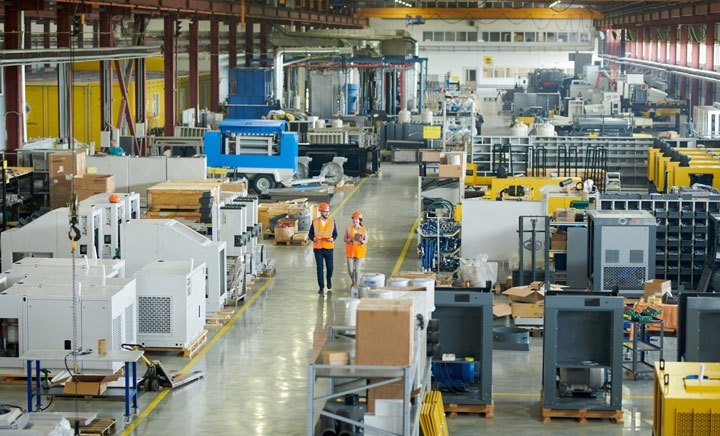
Signal Transmitters A signal transmitter is a device that transmits data from one place to another.
Tagged as:Technical Learning, Get Curious
Read More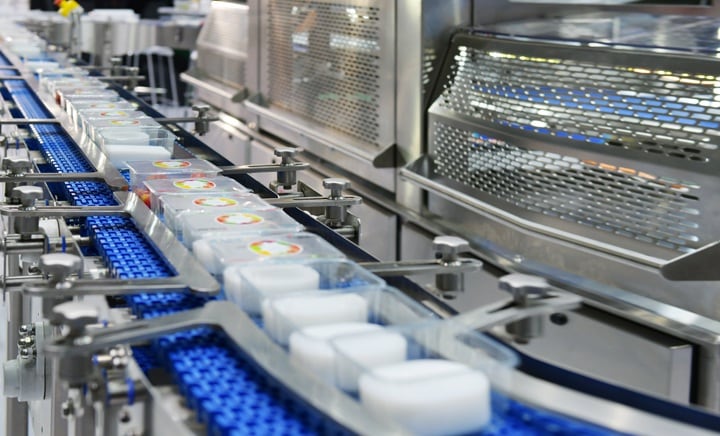
Why IoT Isn’t Good Enough for Industrial Applications Whenever there's a discussion about IIoT, a comparison with IoT always exists.
Tagged as:Technical Learning, Get Curious
Read More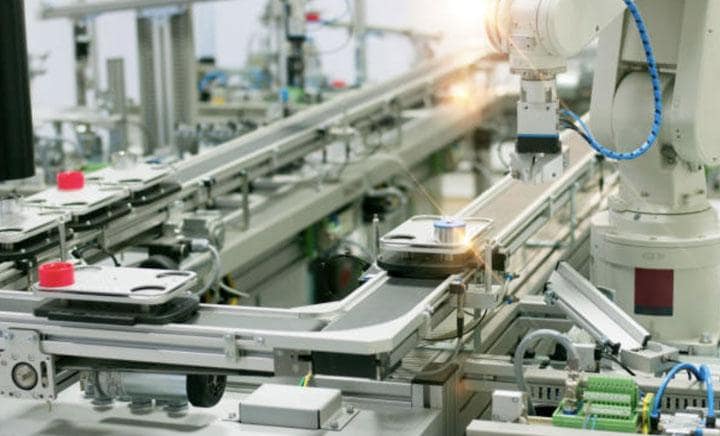
What components are in a IIoT network? IIoT or Industrial Internet of Things is one such technology that is well-known among industry experts but mostly unknown to the rest.
Tagged as:Technical Learning, Get Curious
Read More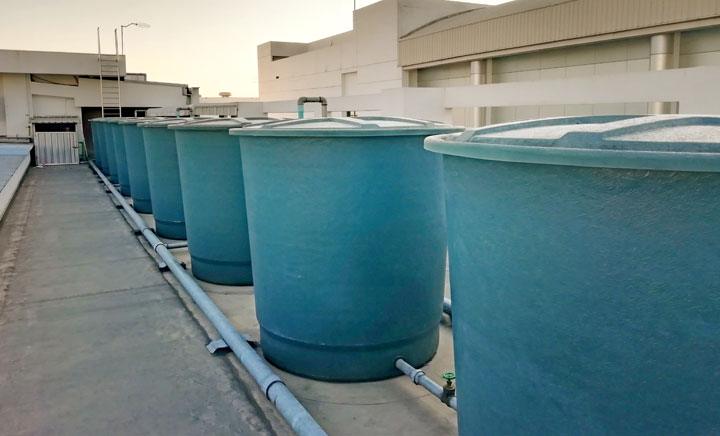
Pressure Measurement of Water Level Figuring out how much the water level has risen or fallen in a tank (or something similar) should be a simple task.
Tagged as:Technical Learning, Get Curious
Read More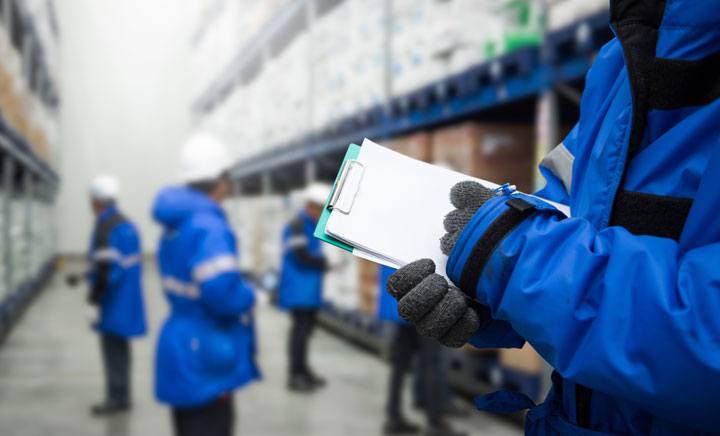
Pressure Transducers for Refrigerant Plenty of systems in the real world rely on the refrigeration cycle; from massive supermarket refrigeration systems to the AC unit in your car.
Tagged as:Technical Learning, Get Curious
Read More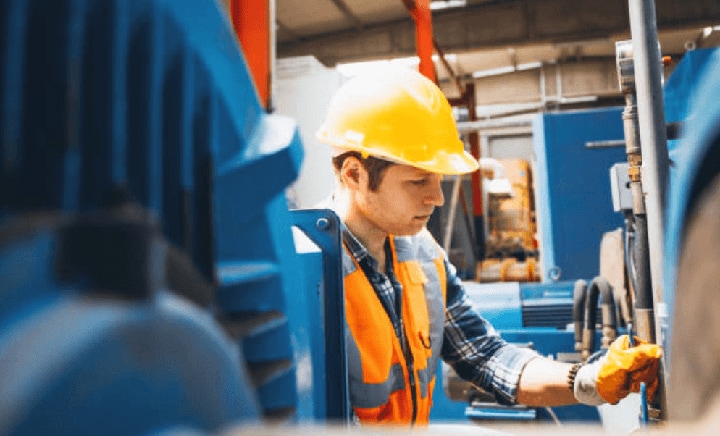
How to Locate a Water Leak Using an Ultrasonic Flow Meter When a single conduit line in a complex configuration of pipelines is compromised, it can be challenging to locate the precise point where the leak is occurring.
Tagged as:Application, Get Curious
Read More
How to Measure an Industrial Coffee Grinder Motor’s Temperature During Grinding In this application, the purpose is to measure the temperature of the motor in an industrial coffee grinder during the grinding process to better understand the strain on the motor.
Tagged as:Application, Get Curious
Read More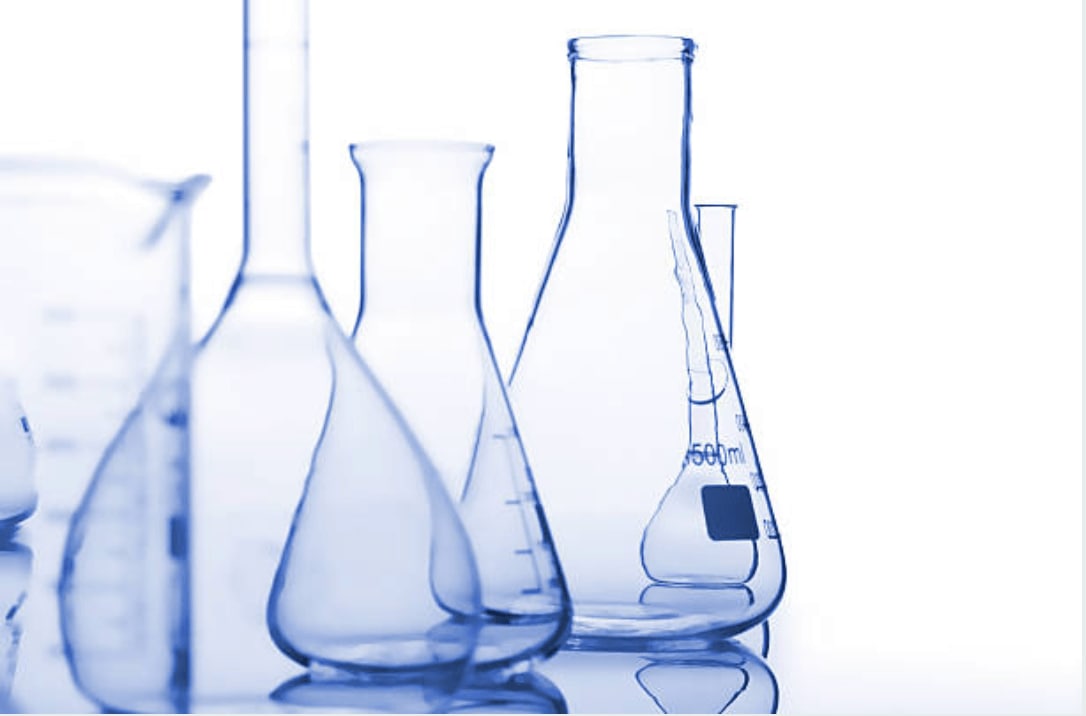
Benchtop Controller for Mantle Heater Heating mantles are commonly used in laboratories to heat liquids as part of the research process.
Tagged as:Application, Get Curious
Read More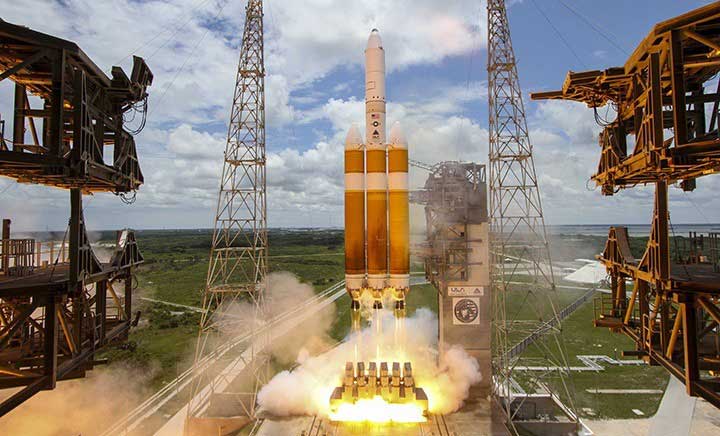
Measuring the Force Applied to a Rocket Parachute Rockets deploy parachutes to aid in rapidly decreasing the rocket’s re-entry or landing speed. However, before use, it’s essential to test the system using s-beam load cells.
Tagged as:Application, Get Curious
Read More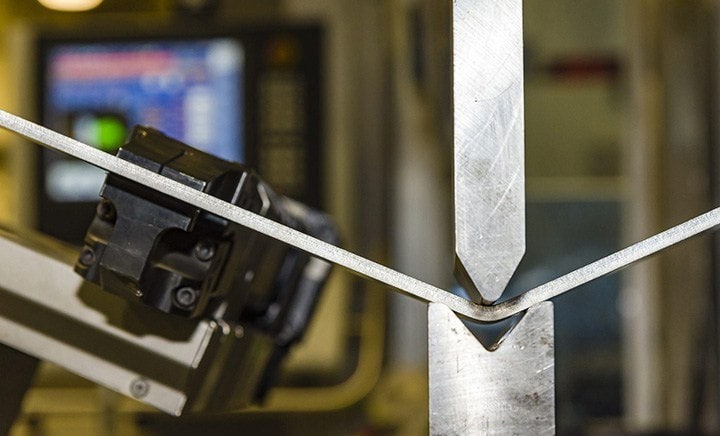
How to Measure the Bending Force of a Sheet Metal Bending Machine Measuring bending stress requires determining the average amount of force exerted on the material that results in a repeatable uniform surface.
Tagged as:Application, Get Curious
Read More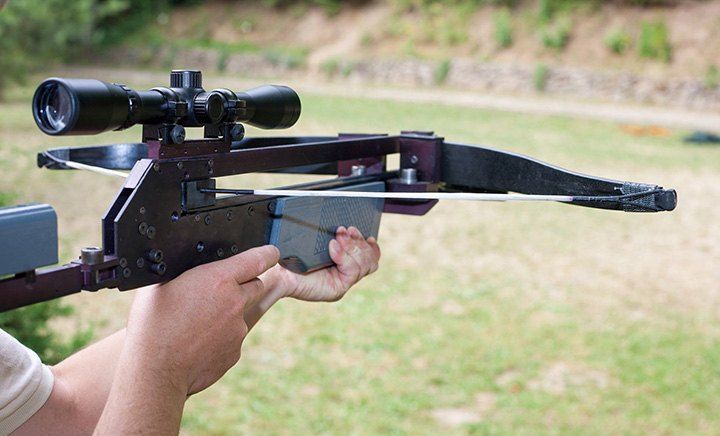
How to Determine the Force Measurement of a Crossbow Crossbows work like a spring. The force and tension applied as you pull the string of the crossbow is what creates the movement and energy to propel the arrow from the bow at high speed.
Tagged as:Application, Get Curious
Read More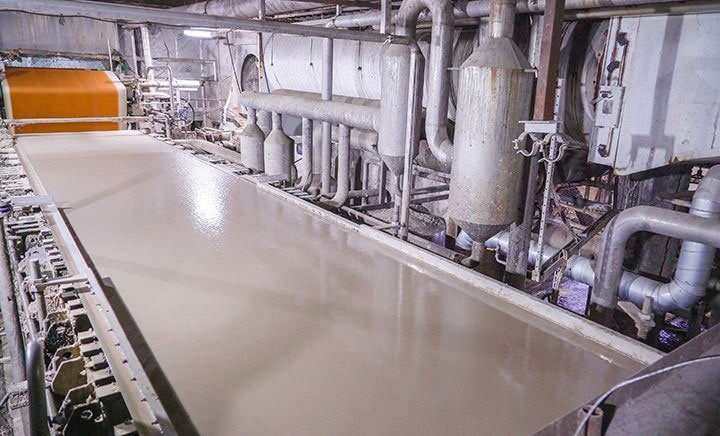
Flow of Paper Stock A customer in the paper industry wanted to measure flow of paper stock pulp on a 250mm SS line with an average flow of 120-150 l/s and a pulp temperature of 45°.
Tagged as:Application, Get Curious
Read More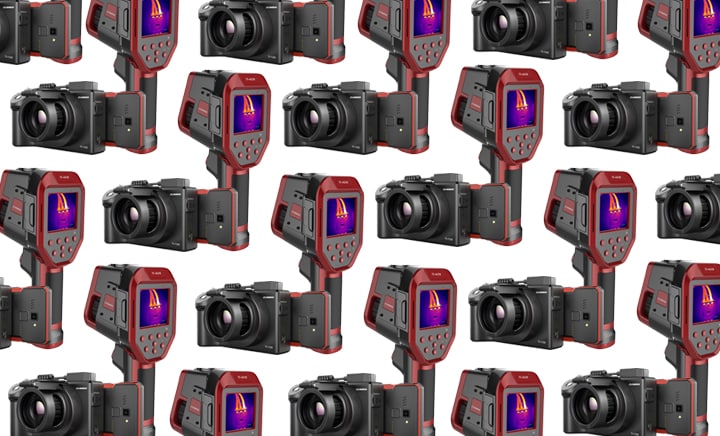
Thermal Imaging Camera A thermal imager is a non-contact temperature measurement device.
Tagged as:Product Info, Get Curious
Read More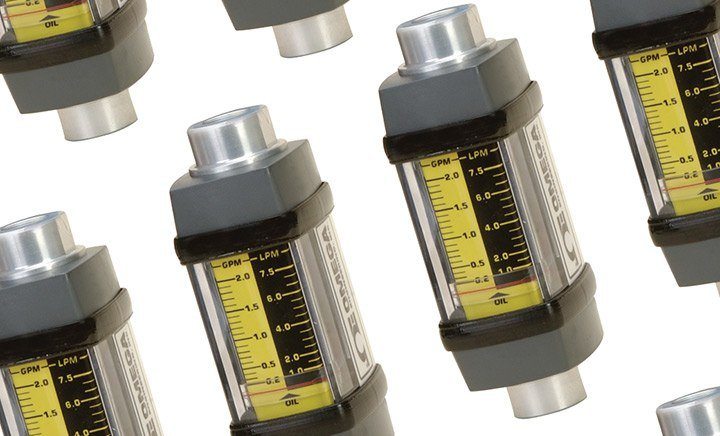
An Introduction to Flow Meters As the name implies a Flow meter is an instrument for monitoring, measuring, or recording the rate of flow, pressure, or discharge of liquids or gasses.
Tagged as:Product Info, Get Curious
Read More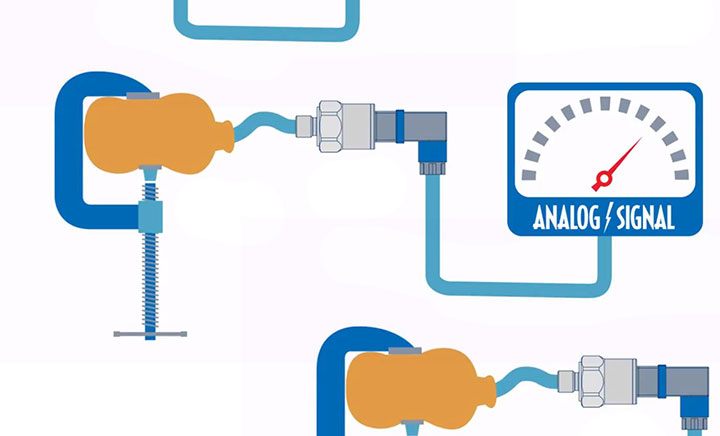
How Does a Pressure Transducer Work? A pressure transducer is a device that measures the pressure of a fluid, indicating the force the fluid is exerting on surfaces in contact with it.
Tagged as:Technical Learning, Get Curious
Read More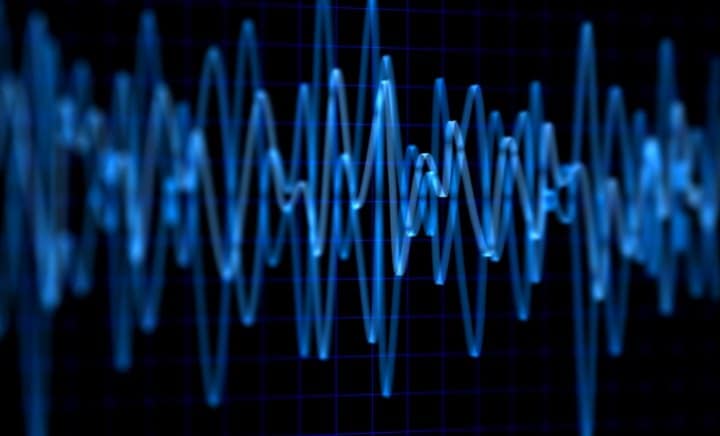
Digital Signal Transmission Industrial networks that transmit data using digital signals often are an integral part of a data acquisition or process control solution.
Tagged as:Technical Learning, Get Curious
Read More
What is a Polyimide Heater? Polyimide heaters, also known as Kapton heaters, are made from Kapton, a polyimide film developed by DuPont.
Tagged as:Technical Learning, Get Curious
Read More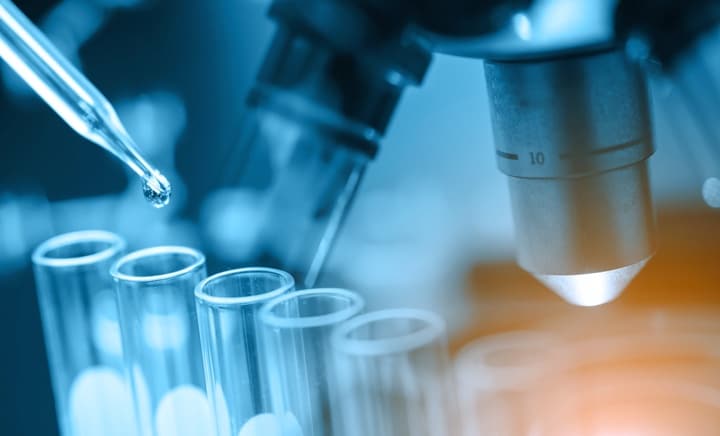
Tape and Rope Heaters Rope and tape heaters are flexible heaters designed to wrap around pipes, beakers, and other round surfaces. Rope and tape heaters are very similar in that they have similar power densities and construction.
Tagged as:Technical Learning, Get Curious
Read More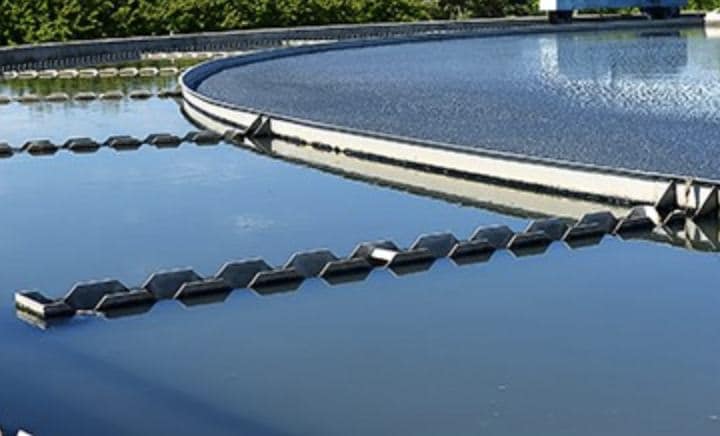
With an Isolated Repeater/Splitter A provider of electrical solutions to a wide range of customers and other electrical contractors, from temperature and pressure measurements to providing small PLC solutions needed a solution when working with temperature and isolation.
Tagged as:Technical Learning, Get Curious
Read More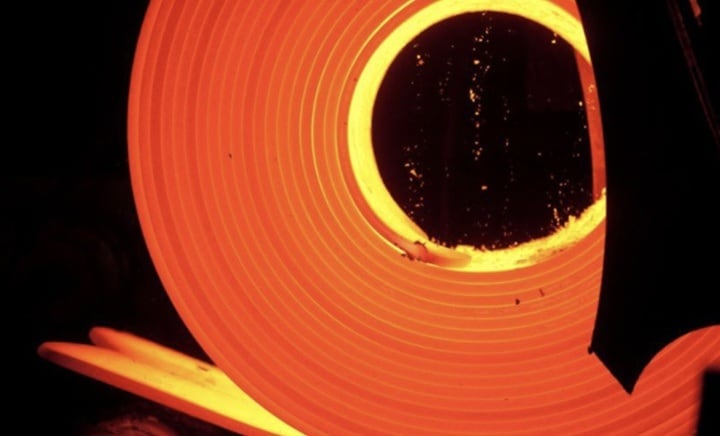
Devices Use Advanced Technology Using a temperature/mA converter and a display programming front DRST-UN and DRSL-DISPLAY for a variety of applications throughout the plant has made signal monitoring more advanced – and less complicated.
Tagged as:Technical Learning, Get Inspired
Read More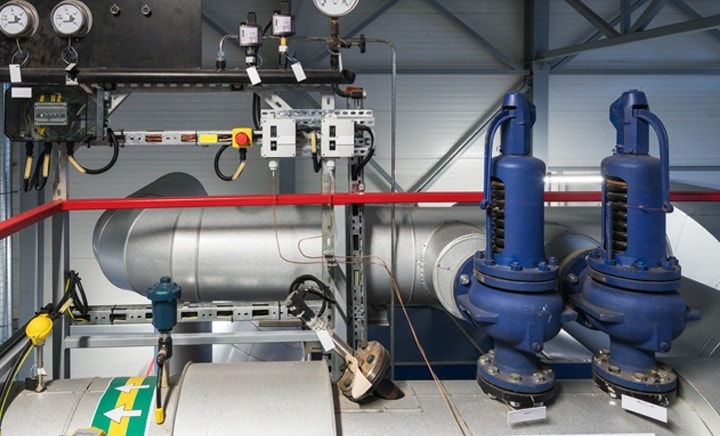
What is a Mass Flow Meter? A thermal mass flow meter measures the flow rate of gas mass based on the convective heat transfer of a heated surface to the flowing fluid.
Tagged as:Technical Learning, Get Curious
Read More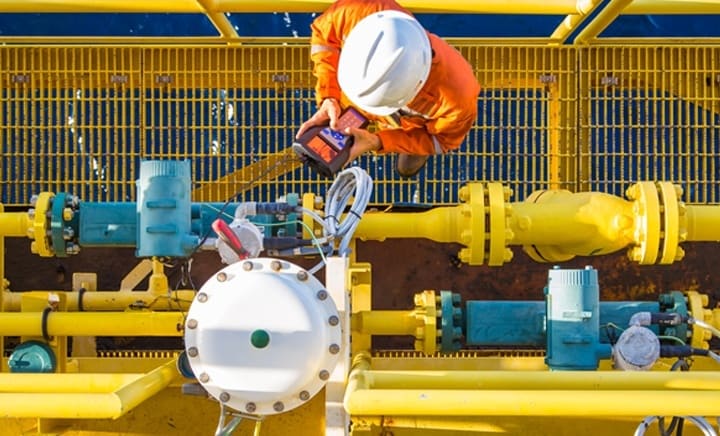
What is a Coriolis Flow Meter and How Does it Work? A Coriolis flow meter is a type of mass flow meter. It is designed differently and works differently than thermal or differential mass flow meters.
Tagged as:Technical Learning, Get Curious
Read More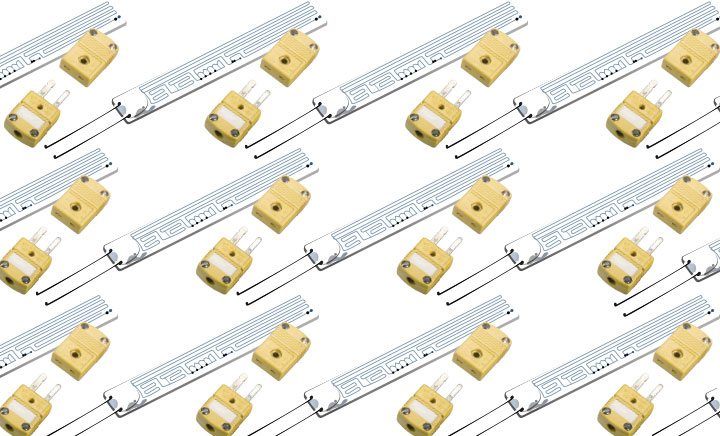
Thermocouple vs RTDs Selecting the best temperature sensor for your application can be a challenge. A broad range of sensors are available today, and the better you understand the key differences between them
Tagged as:Technical Learning, Get Curious
Read More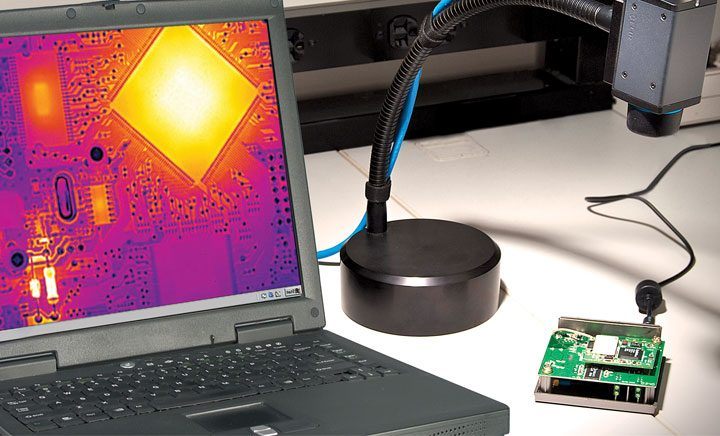
Principles of Infrared Thermocouples The IRt/c product line represents a dramatic breakthrough in temperature sensing technology. The IRt/c sensors are unpowered, low cost, and can measure surface temperatures of materials without touching.
Tagged as:Technical Learning, Get Curious
Read More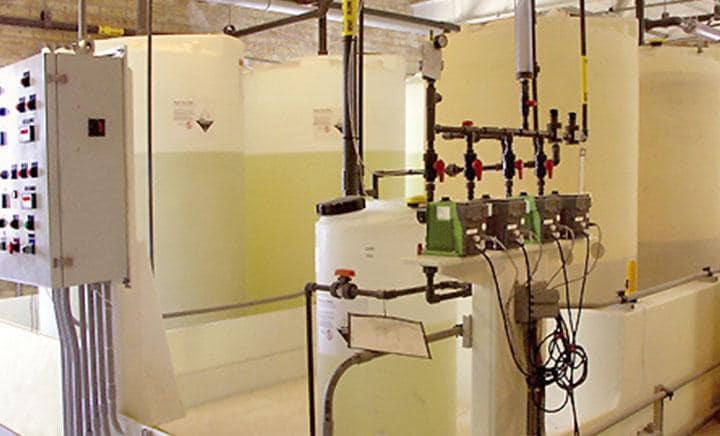
Cold junction compensation for thermocouples In this article different types of cold junction compensation are review. Discover common practices when accurate thermocouple measurements are required.
Tagged as:Technical Learning, Get Going
Read More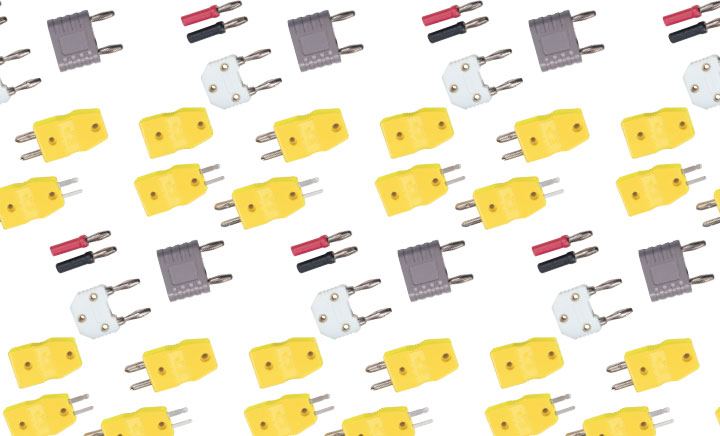
Thermocouple types Thermocouples are available in different combinations of metals or calibrations. The most common are the “Base Metal” thermocouples known as Types J, K, T, E and N.
Tagged as:Technical Learning, Get Curious
Read More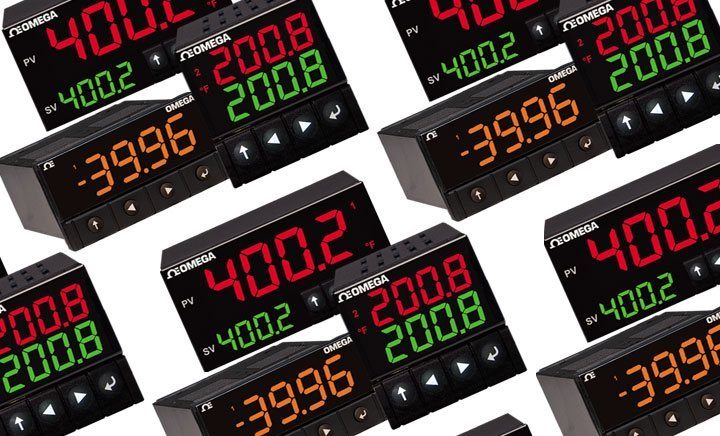
What is a PID Controller? A PID controller is an instrument used in industrial control applications to regulate temperature, flow, pressure, speed and other process variables.
Tagged as:Product Info, Get Curious
Read More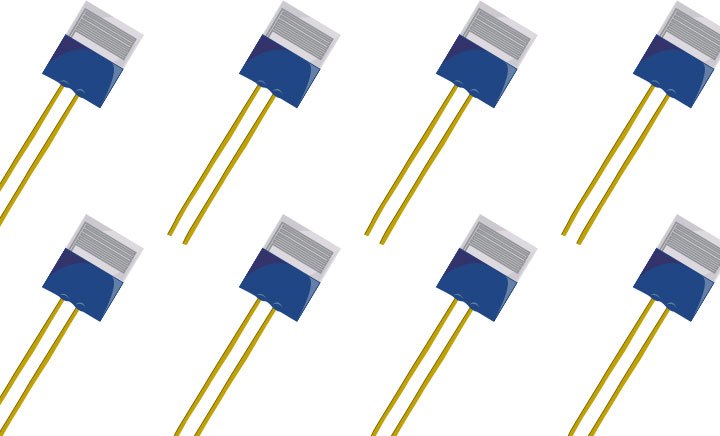
How to Choose Between a RTD PT100 vs Pt1000? The sensing elements in Resistance Temperature Detectors (RTD’s) can be categorized in terms of the type of metal out of which they’re made and their resistance at a benchmark temperature.
Tagged as:Product Info, Get Curious
Read More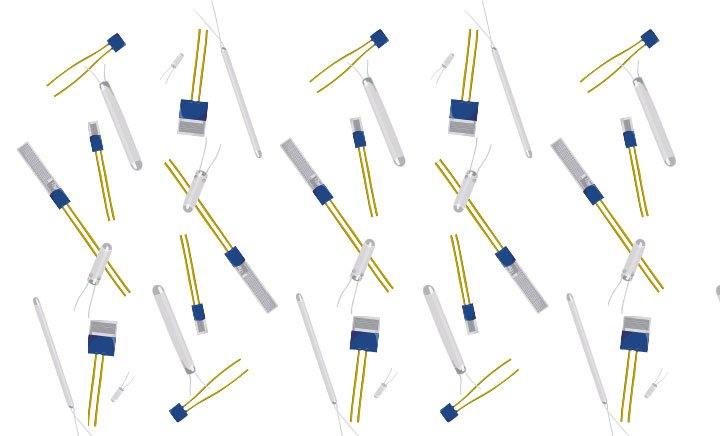
Types of RTDs Resistance Temperature Detectors (RTDs) available today can generally be categorized into one of two basic types of RTDs, depending on how their temperature sensing element is constructed.
Tagged as:Product Info, Get Curious
Read More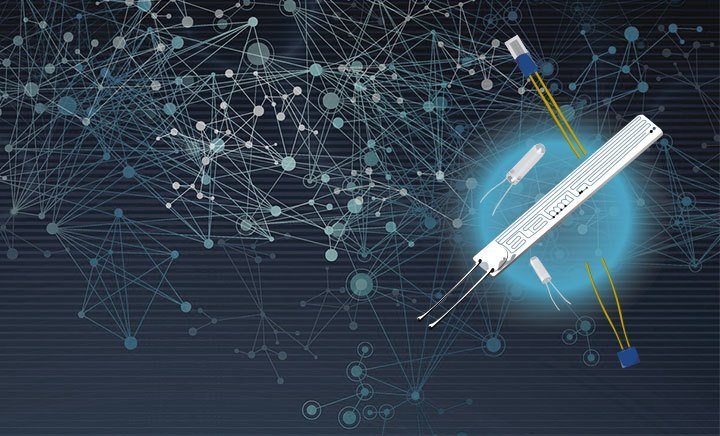
Resistance Elements and RTD’s Resistance elements come in many types conforming to different standards, capable of different temperature ranges, with various sizes and accuracies available.
Tagged as:Technical Learning, Get Curious
Read More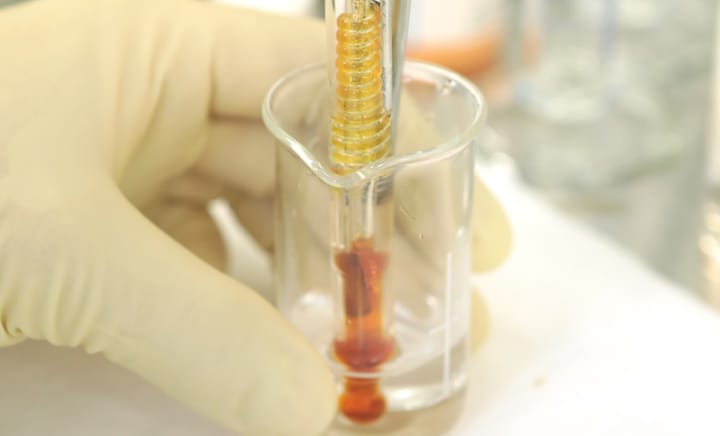
Industrial pH Monitoring: pH and pH Electrode Basics pH electrode technology hasn't changed much in the past 50 to 60 years, yet pH electrode manufacturing remains an art.
Tagged as:Technical Learning, Get Curious
Read More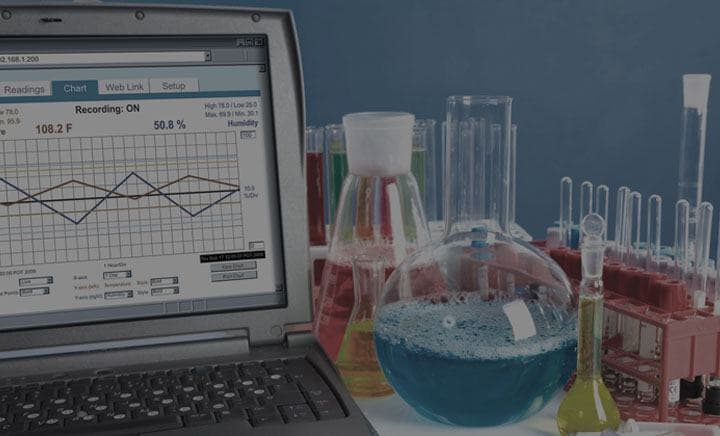
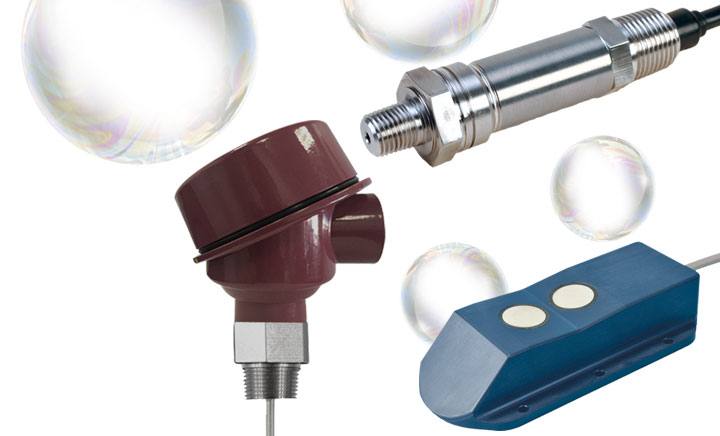
Top 6 Methods to Measure or Monitor Fluid Levels Measuring and monitoring fluid levels accurately and precisely requires choosing the correct methodology for the target medium and vessel.
Tagged as:Technical Learning, Get Going
Read More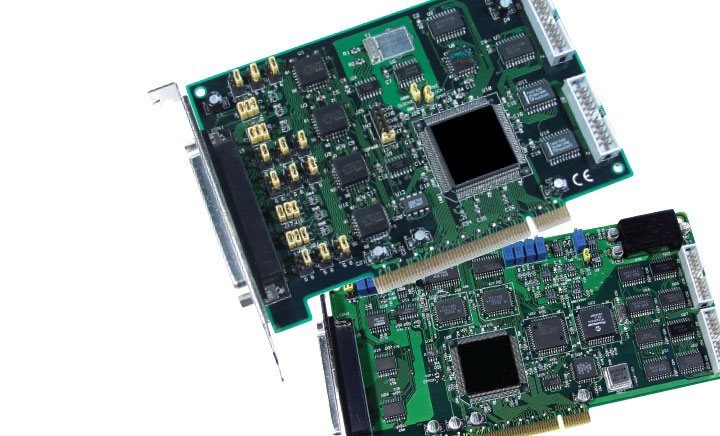
Contact Closure Inputs: Connect Digital Input & Output DAQ Board Many times it is necessary to monitor a contact closure using a PC. Some applications include monitoring a relay closure on a machine to record on-off times, or simply as an alarm to notify someone of an open freezer door.
Tagged as:Technical Learning, Get Curious
Read More
Scaling Voltage & Current to Engineering Units It is very often necessary to convert a voltage, millivot or current reading into a more useful value such as PSI, GPM, LBS, etc.
Tagged as:Technical Learning, Get Curious
Read More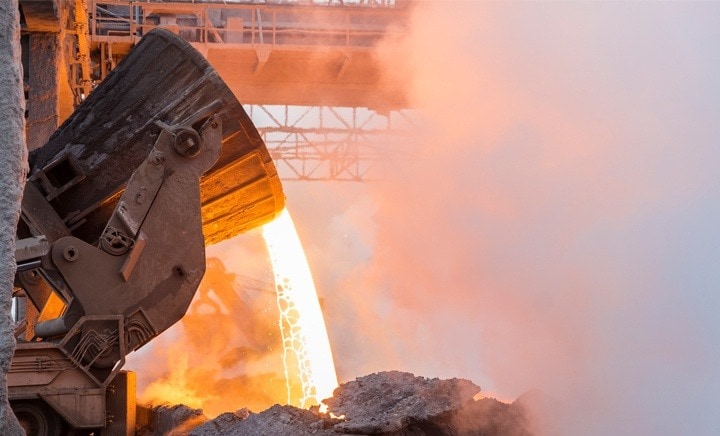
Infrared pyrometers Pyrometer is derived from the Greek root pyro, meaning fire. The term pyrometer was originally used to denote a device capable of measuring temperatures of objects above incandescence, objects bright to the human eye.
Tagged as:Technical Learning, Get Curious
Read More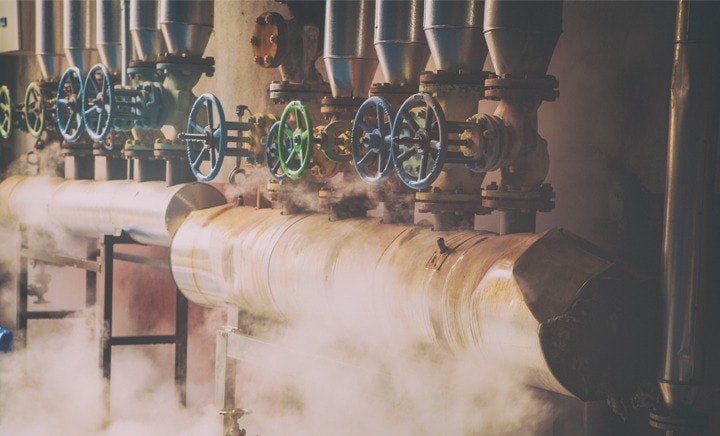
Differential Pressure Flow meters The calculation of fluid flow rate by reading the pressure loss across a pipe restriction is perhaps the most commonly used flow measurement technique in industrial applications
Tagged as:Technical Learning, Get Curious
Read More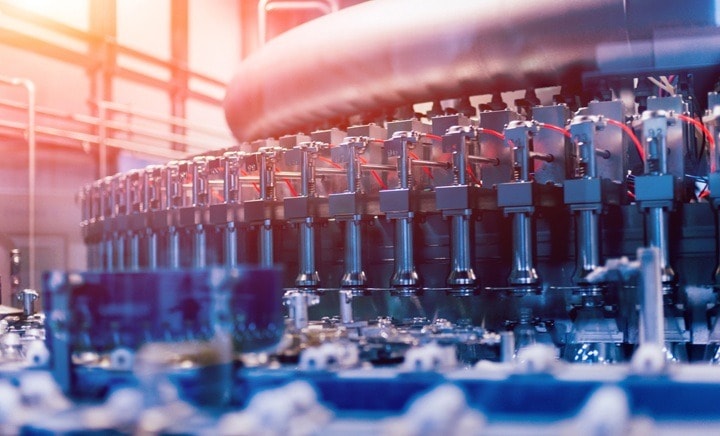
RF/Capacitance Level Instrumentation Capacitance level detectors are also referred to as radio frequency (RF) or admittance level sensors. They operate in the low MHz radio frequency range, measuring admittance of an alternating current (ac) circuit that varies with level.
Tagged as:Technical Learning, Get Curious
Read More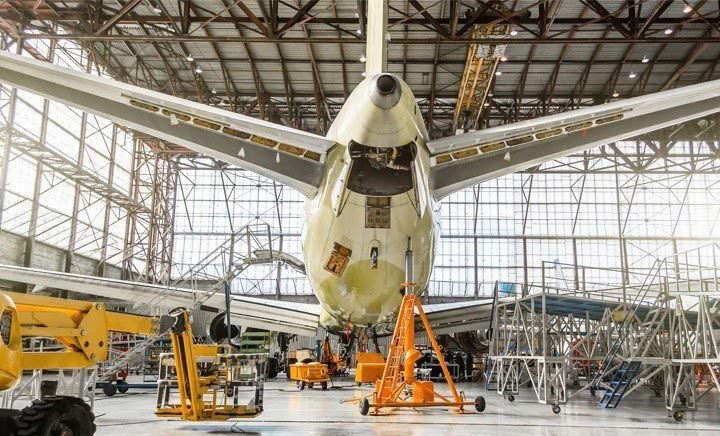
Pressure sensor Piezoelectric presssure sensors can further be classified according to whether the crystal's electrostatic charge, its resistivity, or its resonant frequency electrostatic charge is measured.
Tagged as:Technical Learning, Get Curious
Read More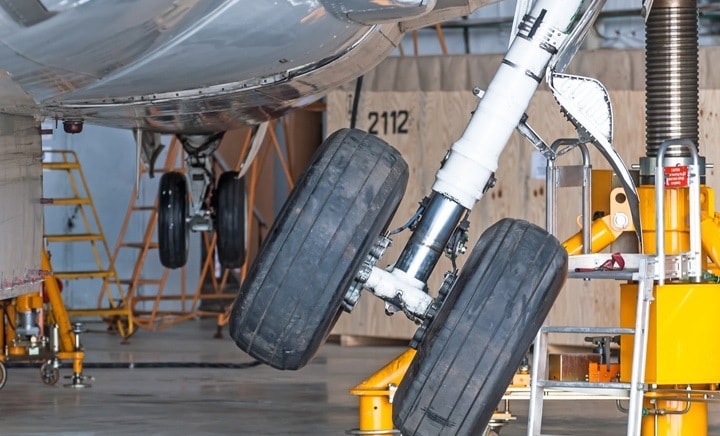
Strain Gauge When external forces are applied to a stationary object, stress and strain are the result.
Tagged as:Technical Learning, Get Curious
Read More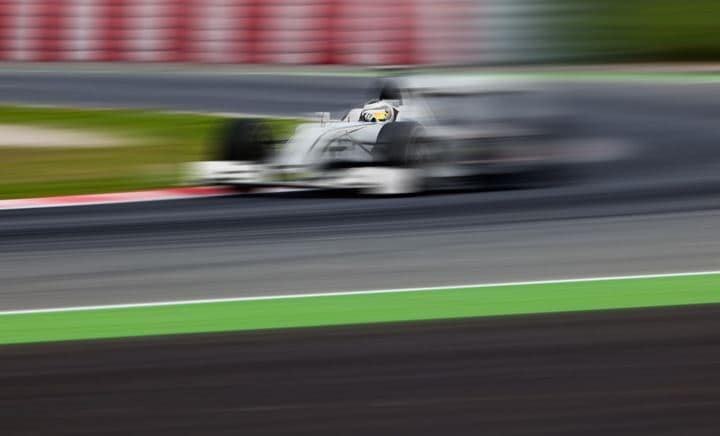
An Introduction to Pitot Tubes and Probes Although the pitot tube is one of the simplest flow sensors, it is used in a wide range of flow measurement applications such as air speed in racing cars and Air Force fighter jets
Tagged as:Technical Learning, Get Curious
Read More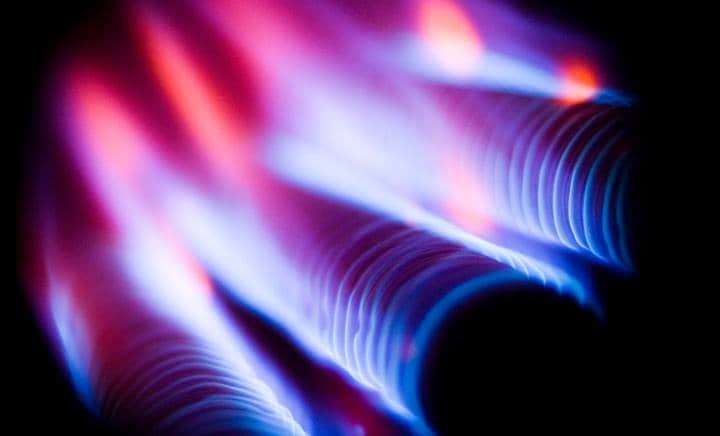
What is a thermography? Thermography extends the concept of point radiation thermometry to one-dimensional profiles or two-dimensional pictures of non-contact temperature data.
Tagged as:Technical Learning, Get Curious
Read More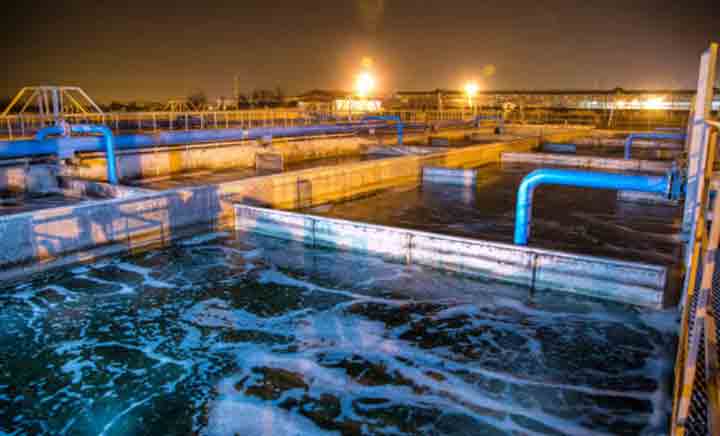
Electronic Flow meters While the flow measurement technologies discussed in this chapter--magnetic, vortex, and ultrasonic--are neither exclusively nor exhaustively electronic in nature, they do represent a logical grouping of flow measurement technologies.
Tagged as:Technical Learning, Get Inspired
Read More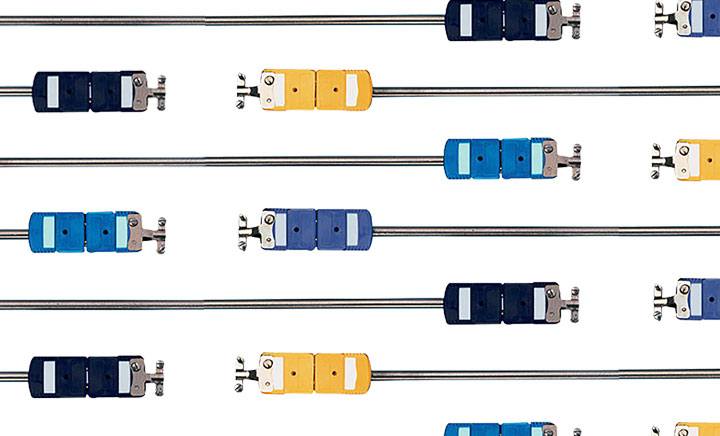
Working principle of thermocouples A typicial thermocouple is made up of two dissimilar metals joined together to form two junctions.
Tagged as:Product Info, Get Curious
Read More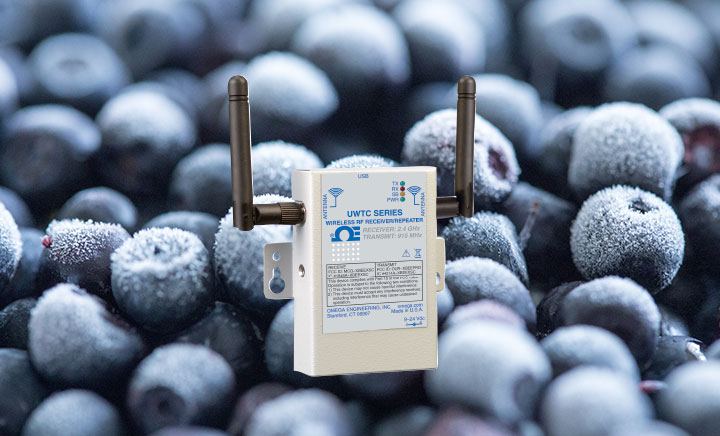
Wireless Signals & Faraday Cages in Temperature Measurement Whether you want roses in January or fresh salmon in August, a temperature-controlled supply chain...
Tagged as:Technical Learning, Get Going
Read More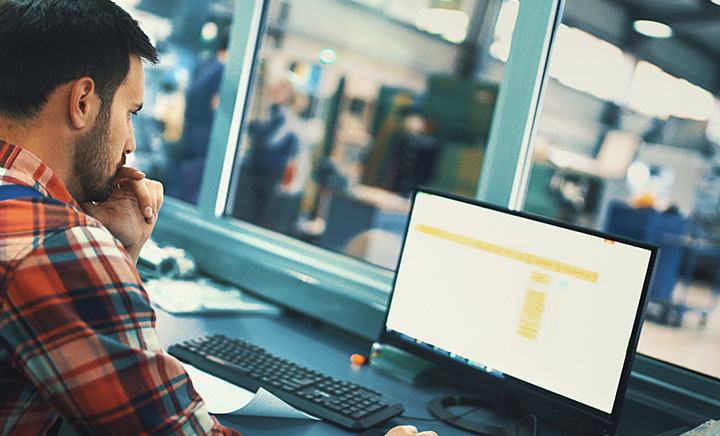
New Data Logging, Charting and Alarm Notification System The dashboard connects data from your measurement equipments to a webserver for easy-to-use data storage and collection.
Tagged as:Technical Learning, Get Curious
Read More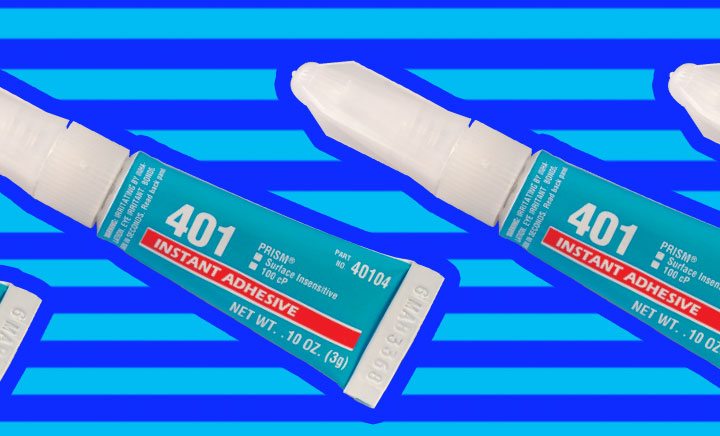
Optimizing Strain Gage Performance for Inhomogeneous Materials How to use strain gages and optimize their performance while working with inhomogeneous materials
Tagged as:Technical Learning, Get Going
Read More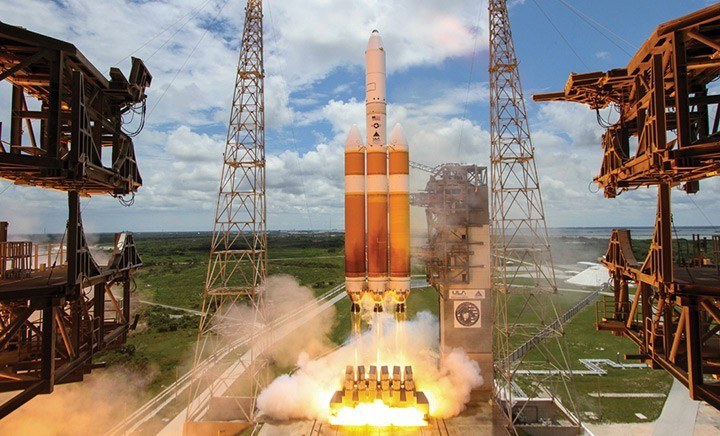
3 Factors to Consider When Choosing a Custom or Off-the-Shelf Sensor Given the risk to human lives and the financial costs when things go wrong, aerospace engineering...
Tagged as:Technical Learning, Get Curious
Read More
Load Cell Customization A Small, But Critical Component in the World’s Brightest X-Ray Laser By modifying its standard load cells, OMEGA helps keep novel laser project on track for completion in 2018.
Tagged as:Case Study, Get Inspired
Read More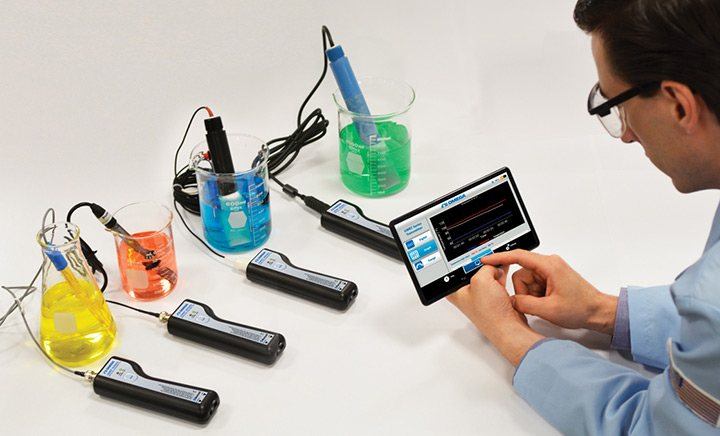
Measuring pH with a Wireless Device: 3 Must-Have Features Ready to measure pH with a Wireless Device? This is what you should be looking for in a portable data logger for pH measurement.
Tagged as:Technical Learning, Get Going
Read More
What are Nanosensors? How and Where are They Used? While few engineers need to work at the nano scale, temperature measurement with compact thermocouples is applicable across many fields.
Tagged as:Technical Learning, Get Curious
Read More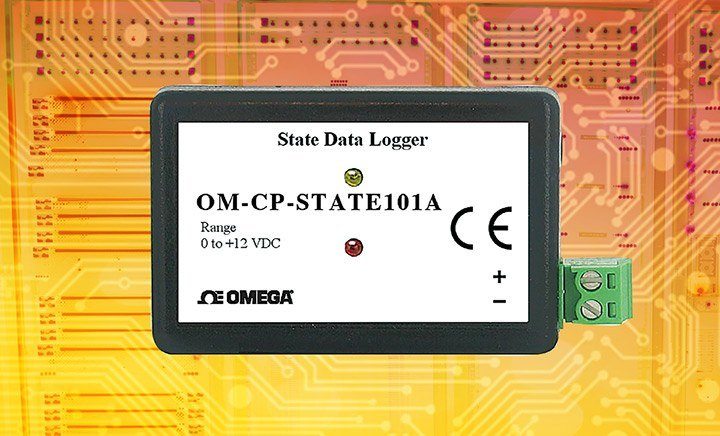
Differentiating State, Event and Pulse Data Loggers and Defining Applications Data loggers are instruments that monitor and record changes in conditions over time.
Tagged as:Technical Learning, Get Curious
Read More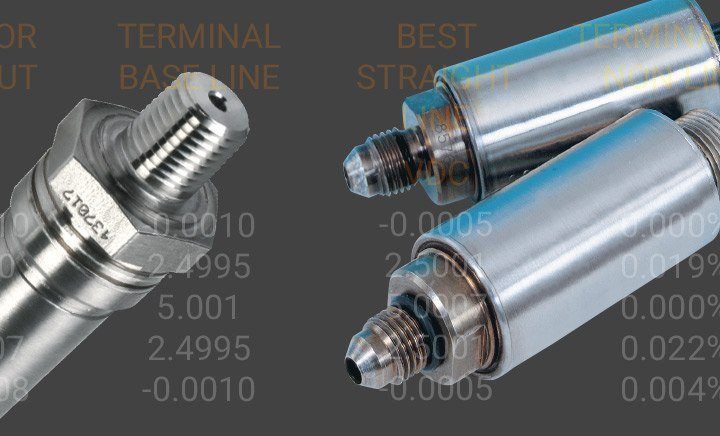
Sensor Theory of Operation Omega is a reliable source for pressure transducers and load cells that provide high quality data in a myriad of processes.
Tagged as:Technical Learning, Get Curious
Read More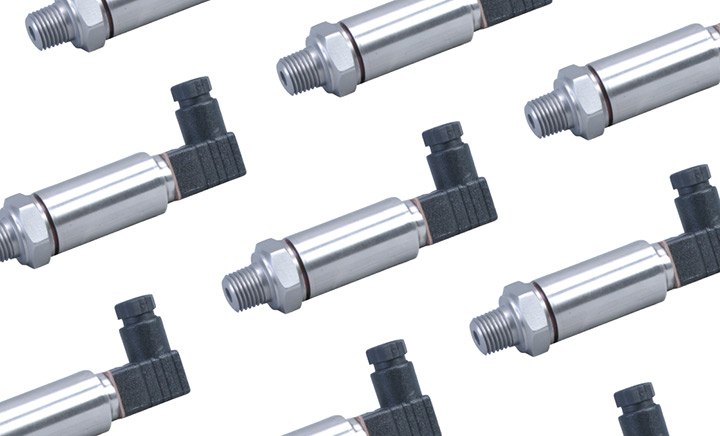
Custom Pressure Transducers A custom pressure transducer is a transducer that converts pressure into an analog electrical signal, often manufactured with the exact specifications required for an application.
Tagged as:Case Study, Get Curious
Read More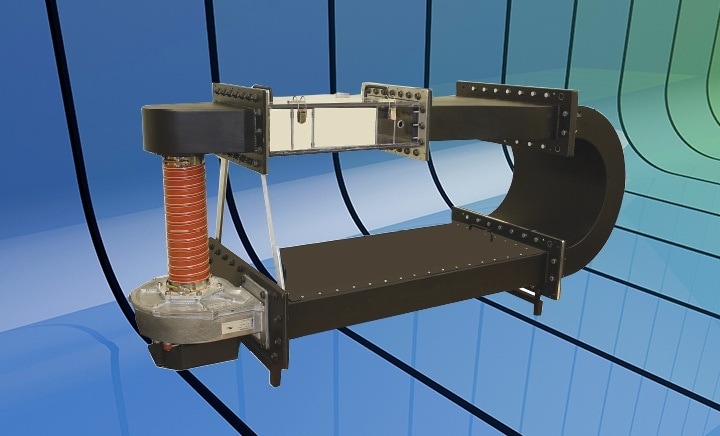
The importance of wind tunnel testing in the lab Failure rates for many electronic components rise with temperature.
Tagged as:Technical Learning, Get Curious
Read More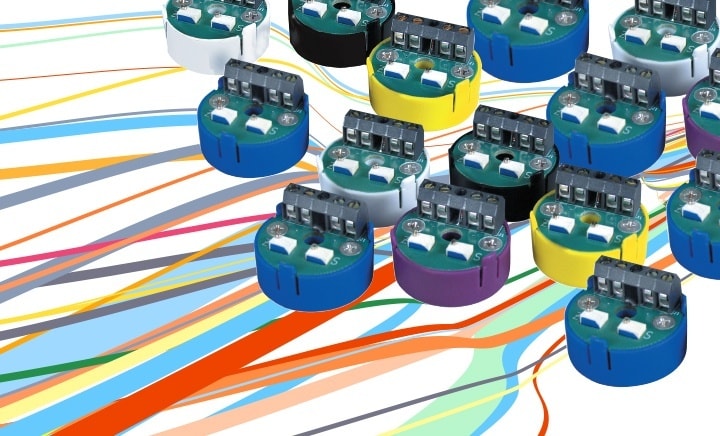
Temperature Transmitter Scaling Methodologies Temperature transmitters are used to send a signal from a temperature sensor, such as a thermocouple or RTD, to a measurement or control device.
Tagged as:Technical Learning, Get Going
Read More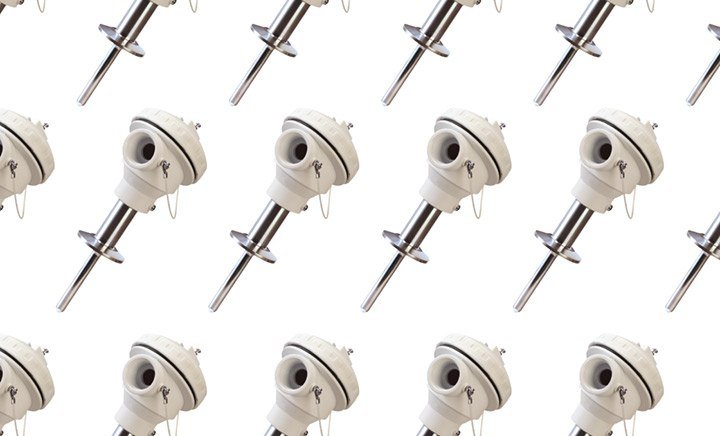
Sanitary Sensors A Sanitary Sensor is a device which measures temperature, flow or pressure in an environment where products will be for human consumption.
Tagged as:Product Info, Get Curious
Read More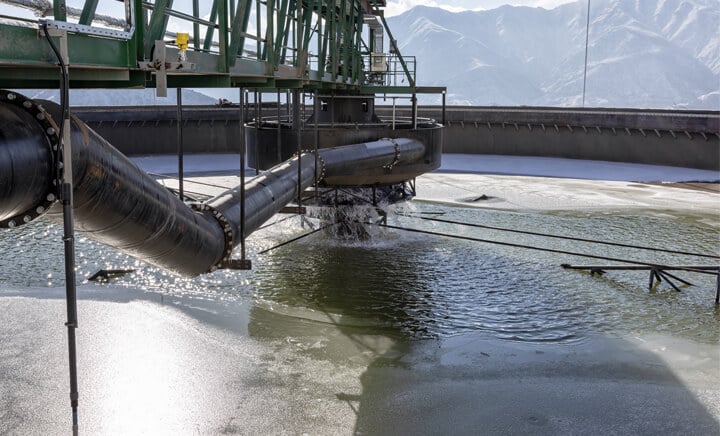
Doppler Meters Vs Transit Time Ultrasonic Flow Meters Ultrasonic flow meters are non-intrusive devices that use acoustic vibrations to measure the flow rate of liquid...
Tagged as:Technical Learning, Get Curious
Read More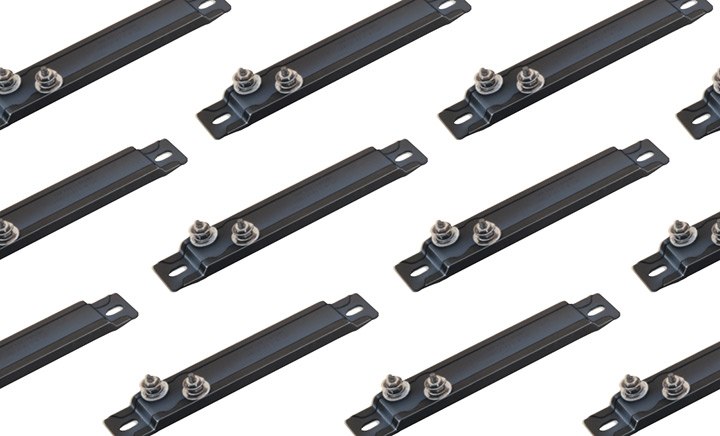
Strip Heater A strip heater is a device which is mounted on a surface and used to heat the surface or air (gasses).
Tagged as:Product Info, Get Curious
Read More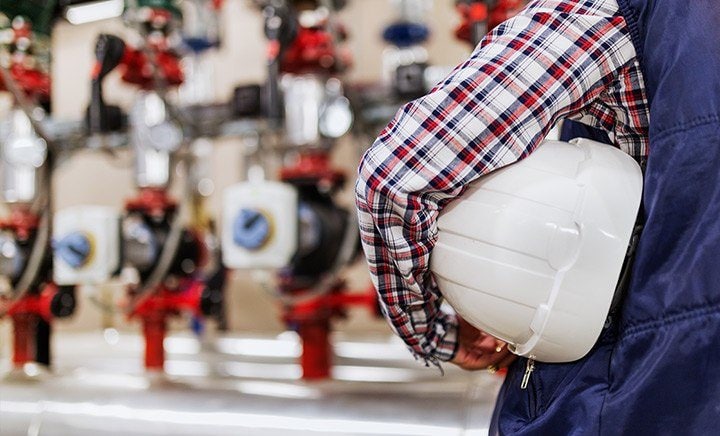
What is a Thermal Mass Flow Meter? Thermal mass flow meters measure the mass flowrate of gases and liquids directly.
Tagged as:Technical Learning, Get Curious
Read More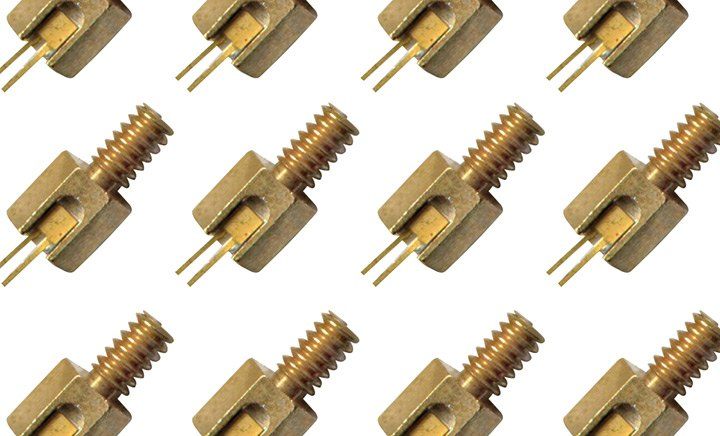
Cryogenic Temperature Sensors Cryogenics is the branch of physics that deals with the production and effects of very low temperatures.
Tagged as:Product Info, Get Curious
Read More
Temperature Measurement Temperature can be measured via a diverse array of sensors. All of them infer temperature by sensing some change in a physical characteristic.
Tagged as:Product Info, Get Curious
Read More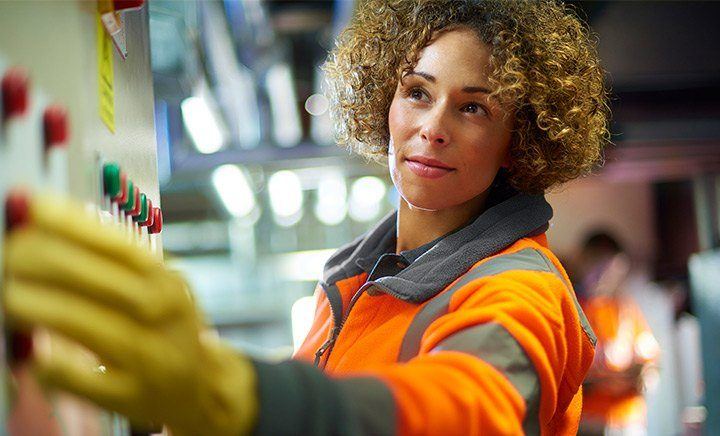
Signal Conditioning and Transmission in Temperature Measurement Output signals produced by temperature measurement sensors require conditioning to convert them to a form that can be used for further processing.
Tagged as:Technical Learning, Get Curious
Read More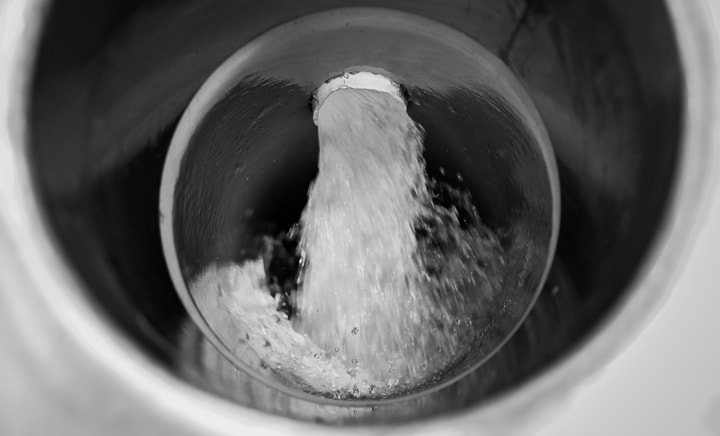
Lessons about Positive Displacement Flow Meters Positive Displacement flow meters are the only flow measuring technology to directly measure the volume of fluid that passes though the flow meter.
Tagged as:Technical Learning, Get Curious
Read More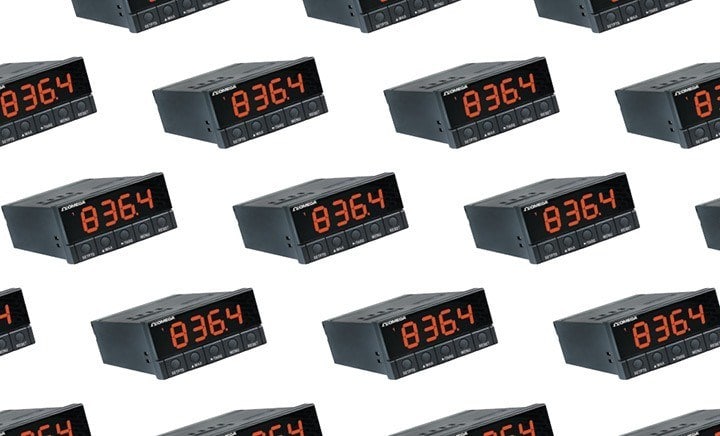
Panel Meters A panel meter is an instrument that displays an input signal in either a digital or analog form.
Tagged as:Product Info, Get Curious
Read More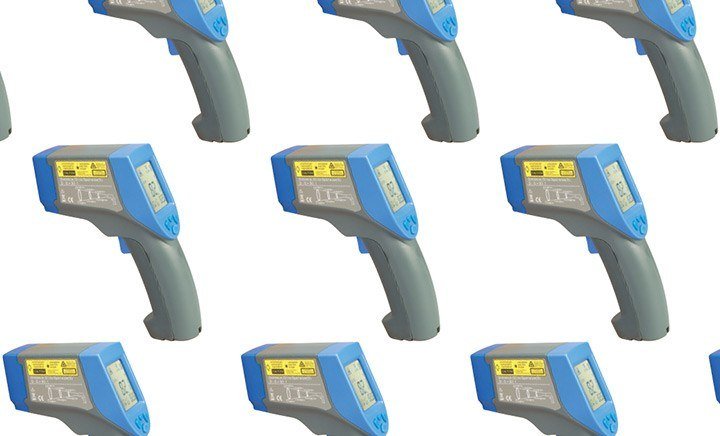
Infrared Thermometer On its most basic design an infrared thermometer consists of a lens to focus the infrared (IR) energy on to a detector.
Tagged as:Product Info, Get Curious
Read More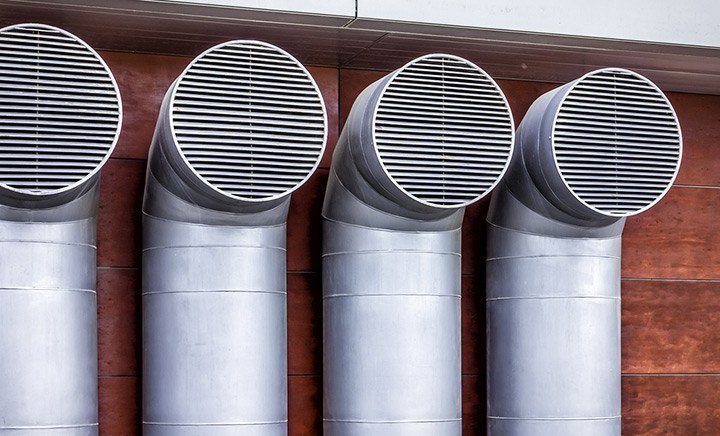
Air Flow Measurement Instruments: How Precise and Accurate? Calculating flow rates through ducts, pipes, hoods and stacks (collectively called ducts for our purposes), has never been difficult.
Tagged as:Technical Learning, Get Curious
Read More
What Is A Pressure Transducer? A pressure transducer, often called a pressure transmitter, is a transducer that converts pressure into an analog electrical signal. Although there are various types of pressure transducers, one of the most common is the strain-gage base transducer.
Tagged as:Product Info, Get Curious
Read More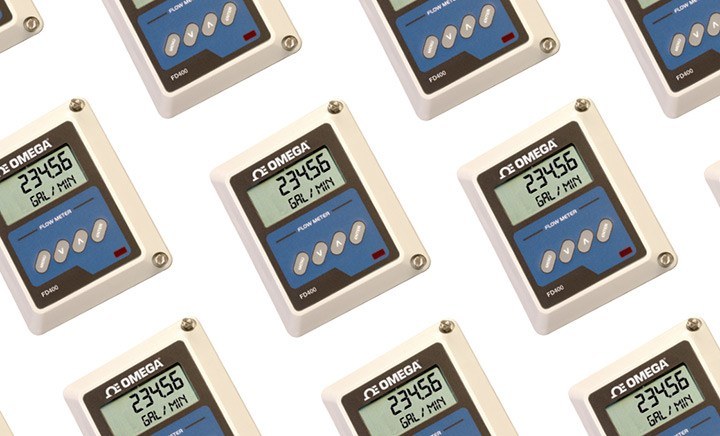
What is an Ultrasonic Flow Meter? An ultrasonic flow meter (non-intrusive Doppler flow meter) is a volumetric flow meter which requires particulates or bubbles in the flow.
Tagged as:Product Info, Get Curious
Read More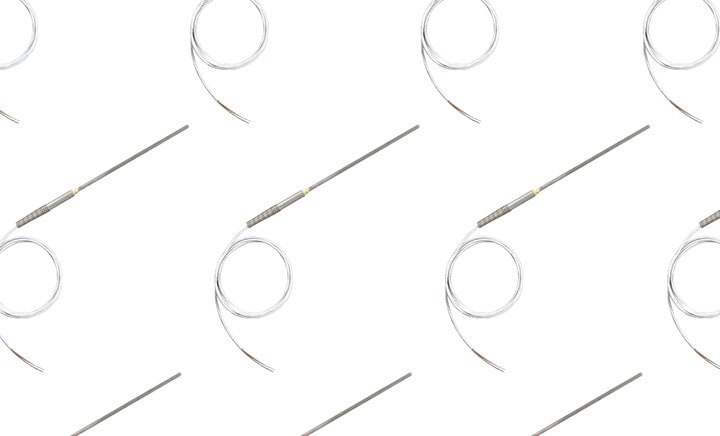
What Is A Thermistor And How Does It Work? A thermistor is an element with an electrical resistance that changes in response to temperature.
Tagged as:Product Info, Get Curious
Read More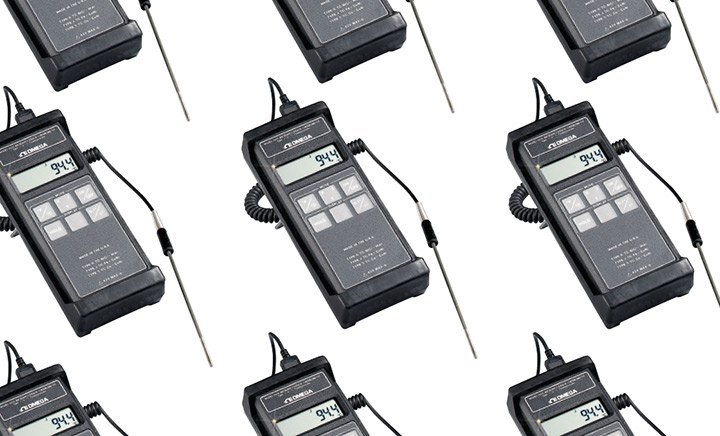
Anemometer An anemometer is an instrument used to measure the speed or velocity of gases either in a contained flow, such as airflow in a duct, or in unconfined flows, such as atmospheric wind.
Tagged as:Product Info, Get Curious
Read More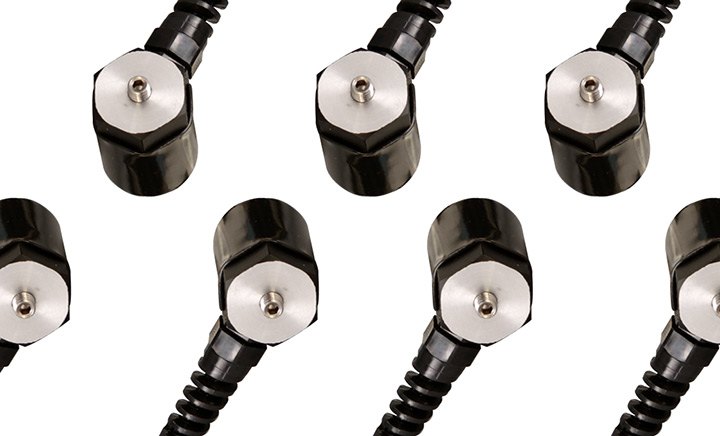
How to Measure Acceleration? An accelerometer is a device that measures the vibration, or acceleration of motion of a structure.
Tagged as:Product Info, Get Curious
Read More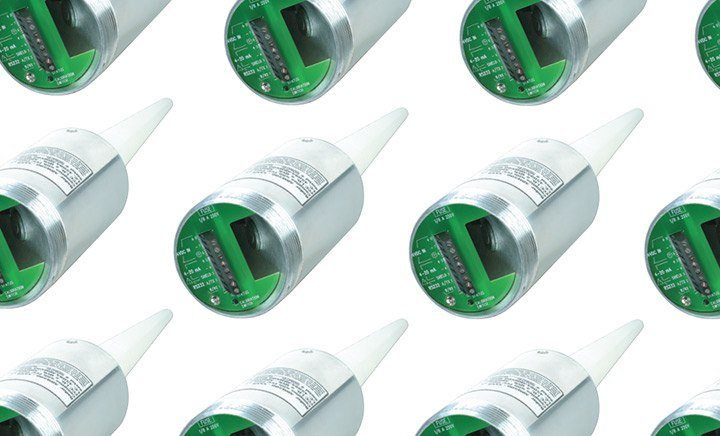
Level Measurement Integral to process control in many industries, level measurement sensors fall into two main types. Point level measurement sensors are used to mark a single discrete liquid height–a preset level condition.
Tagged as:Product Info, Get Curious
Read More